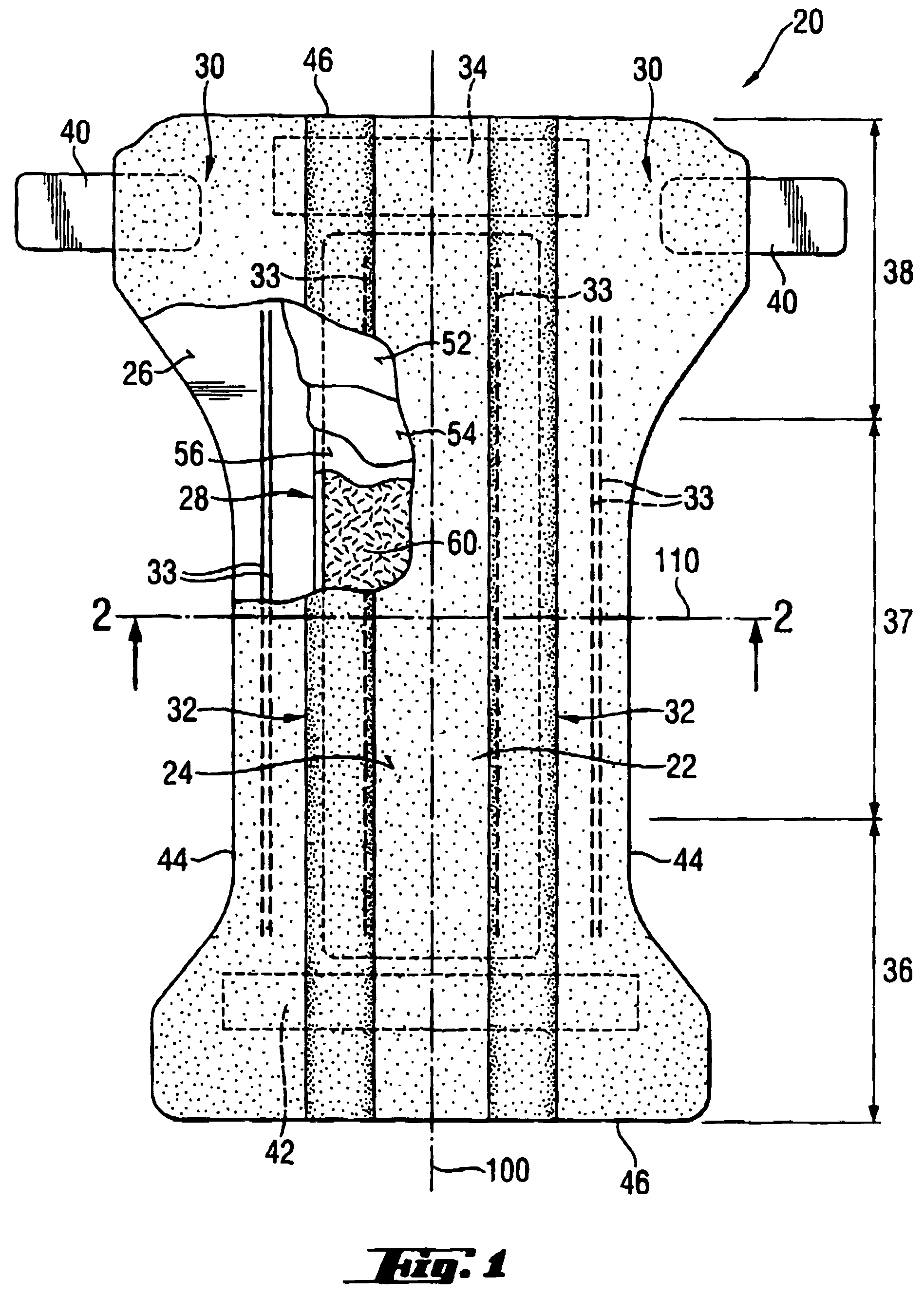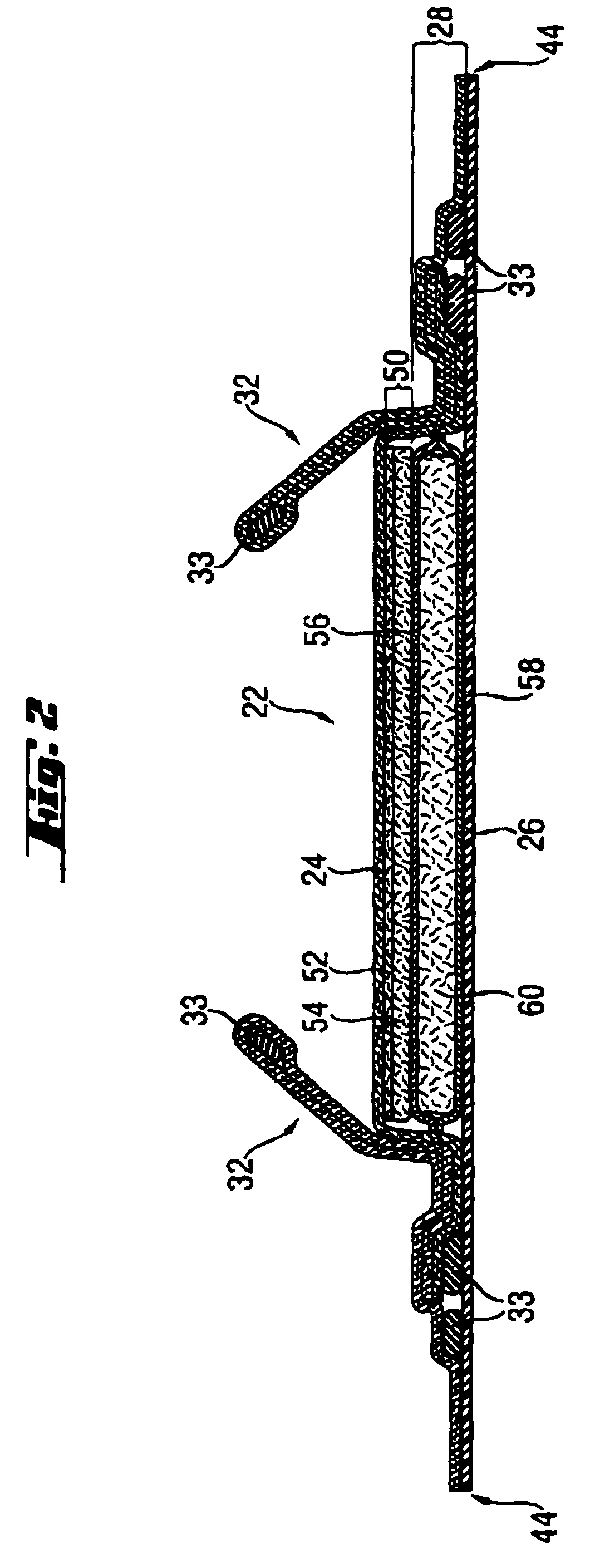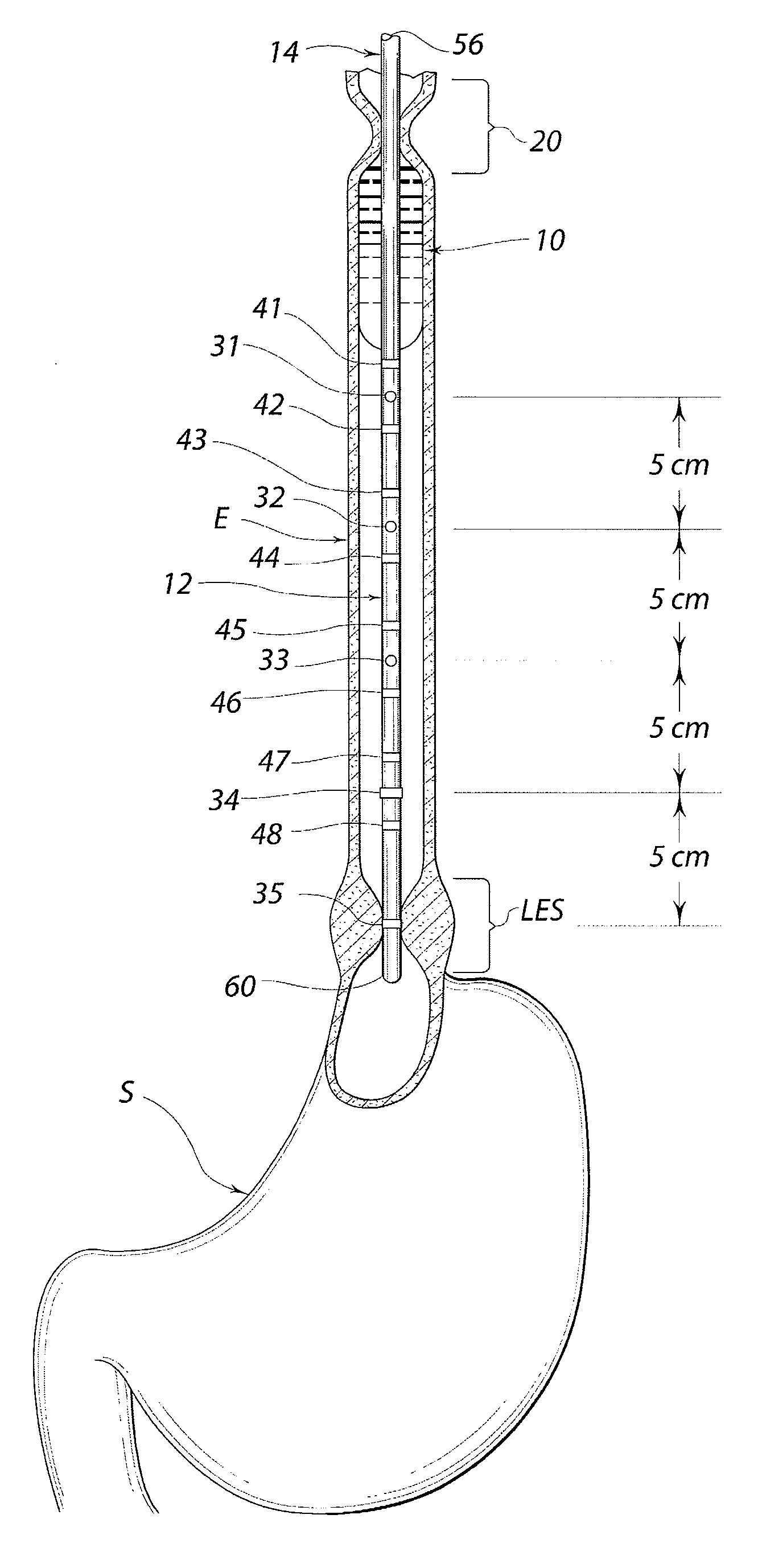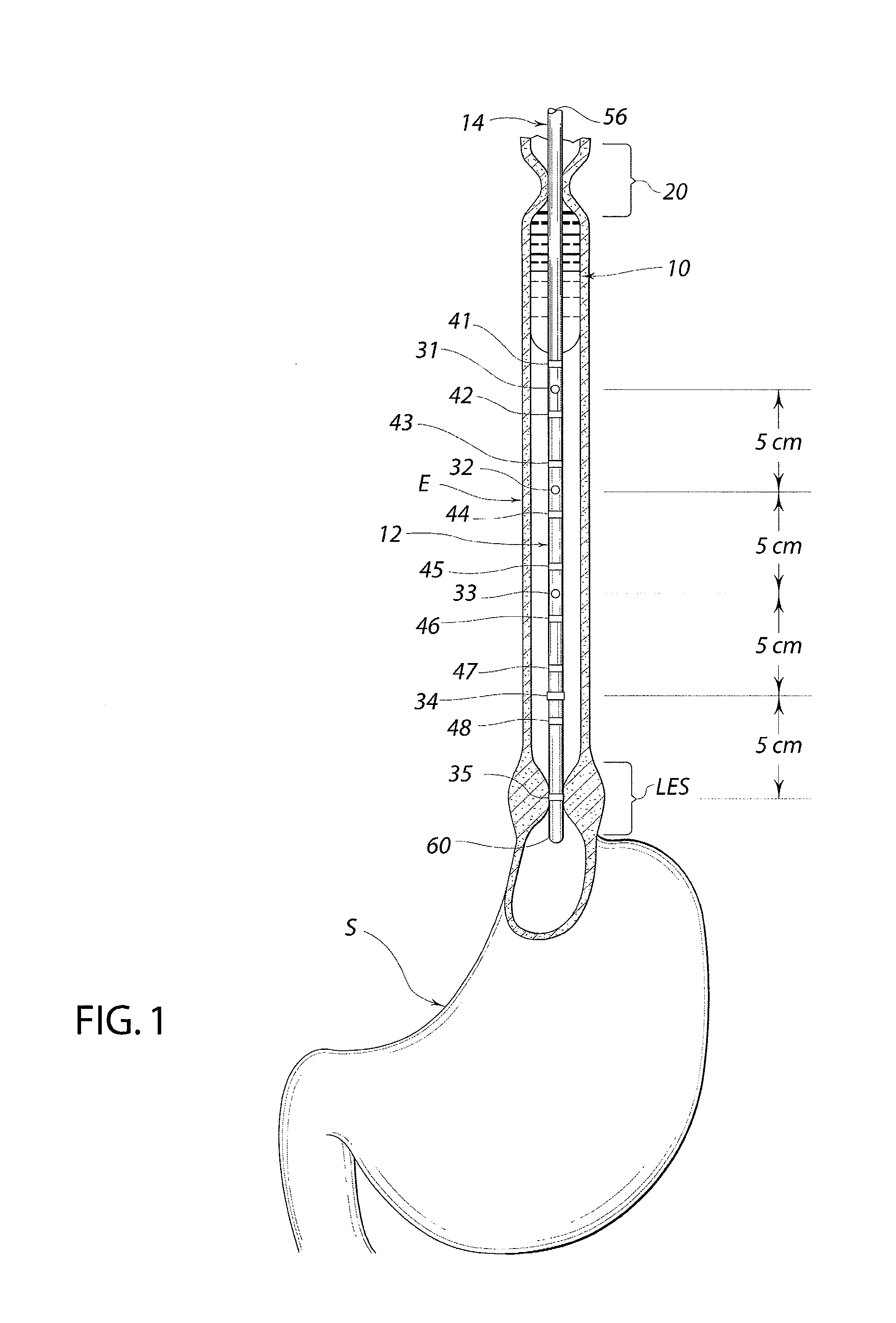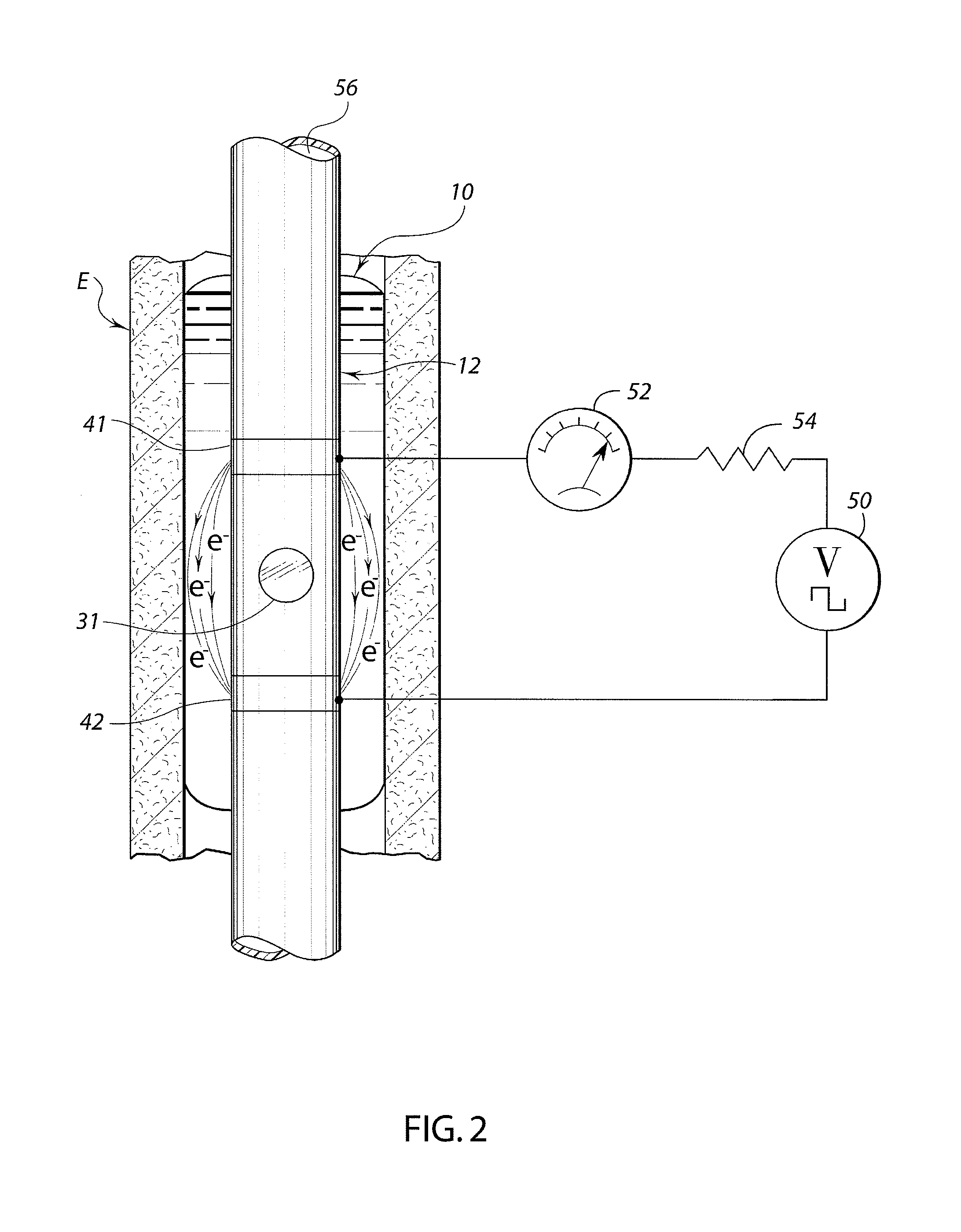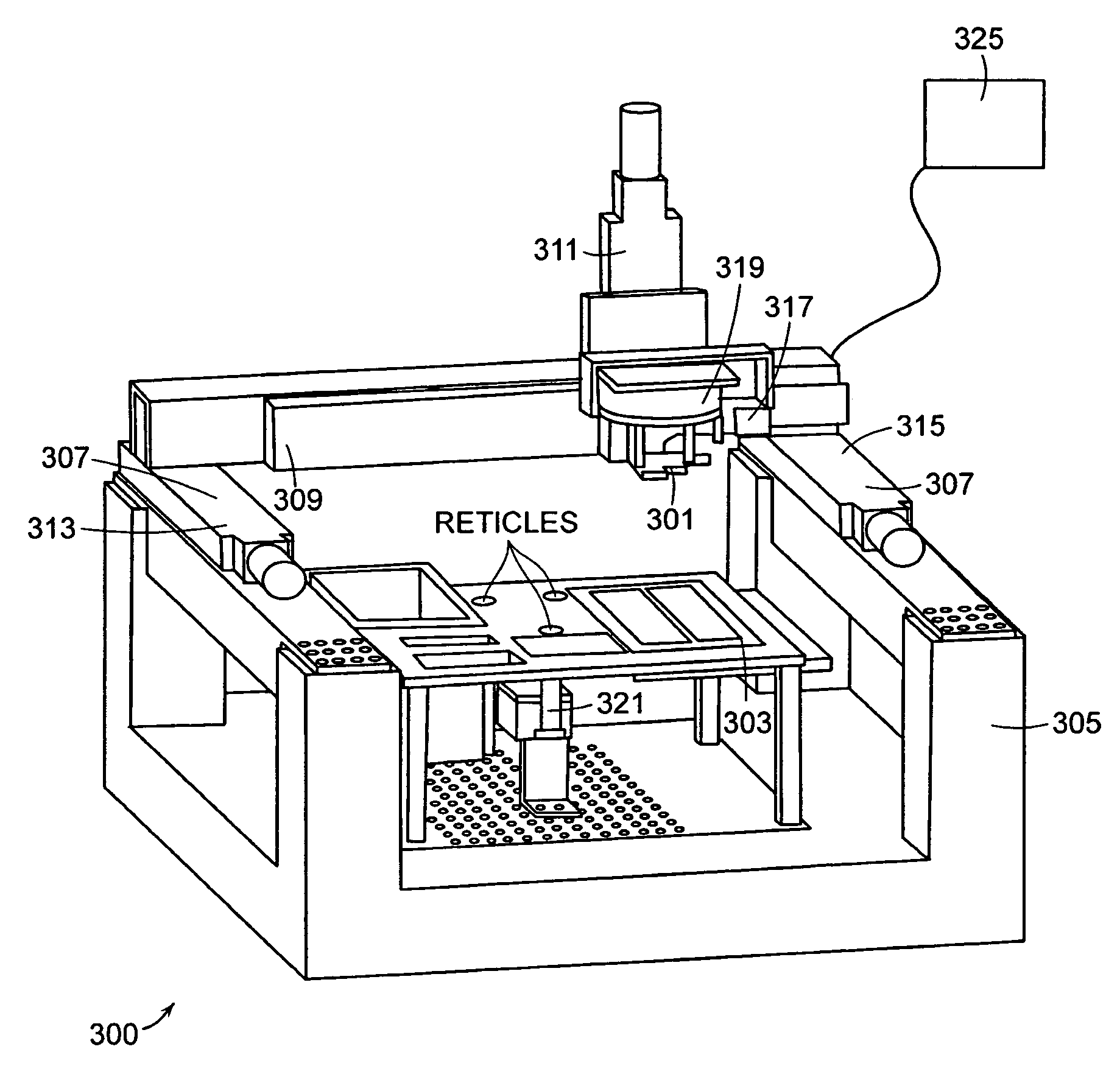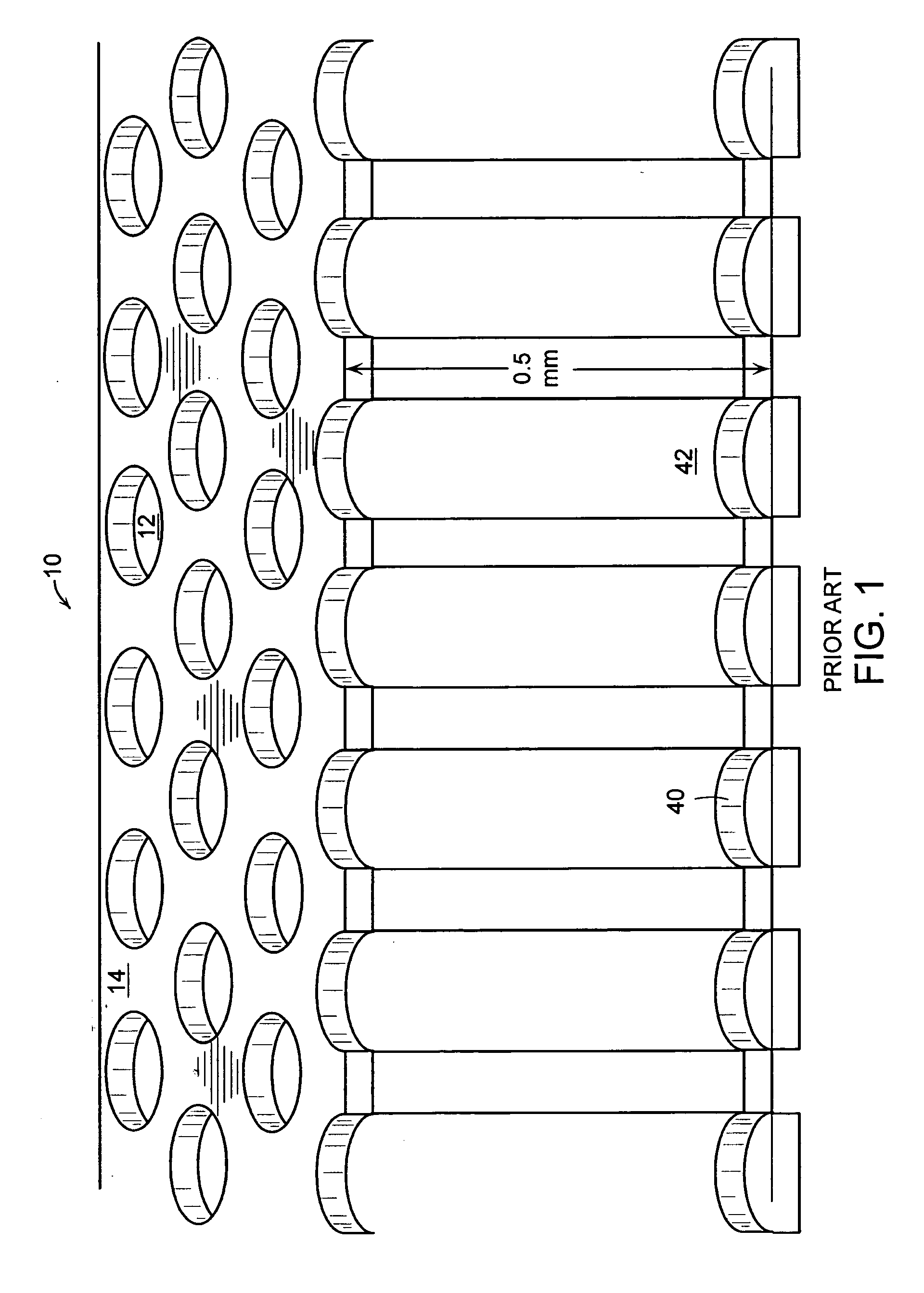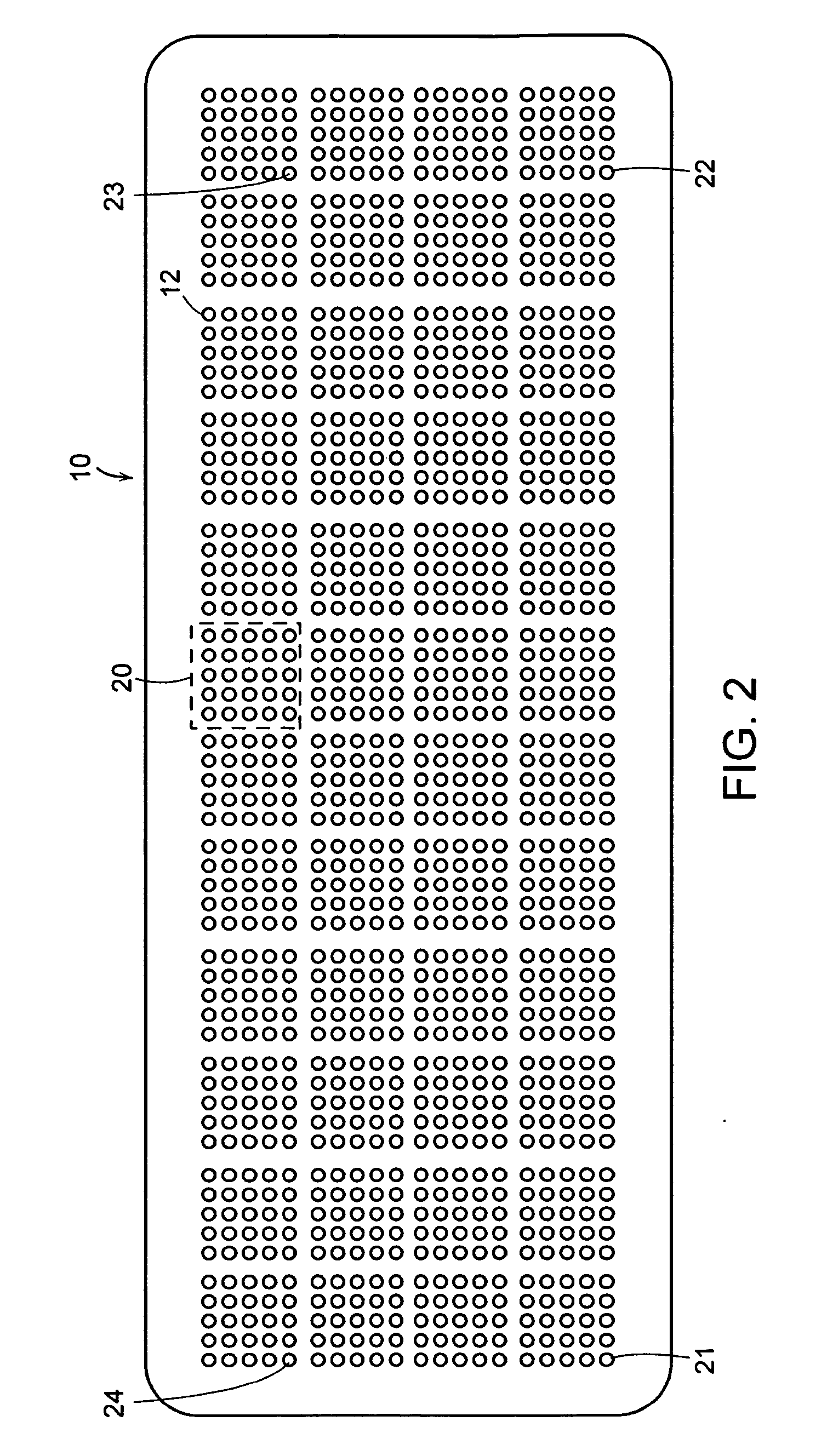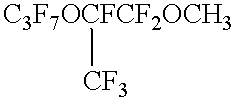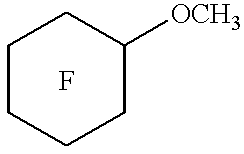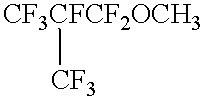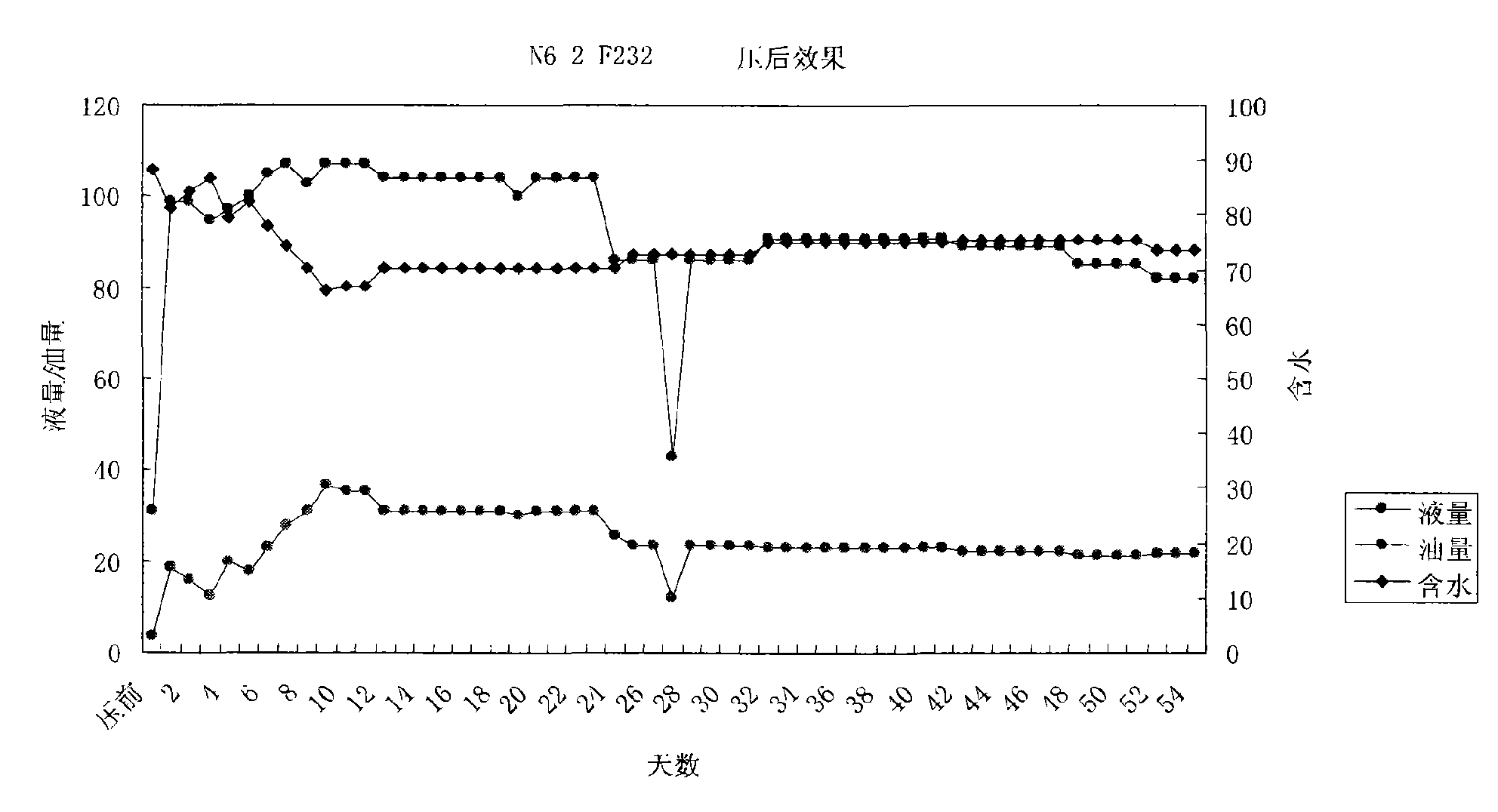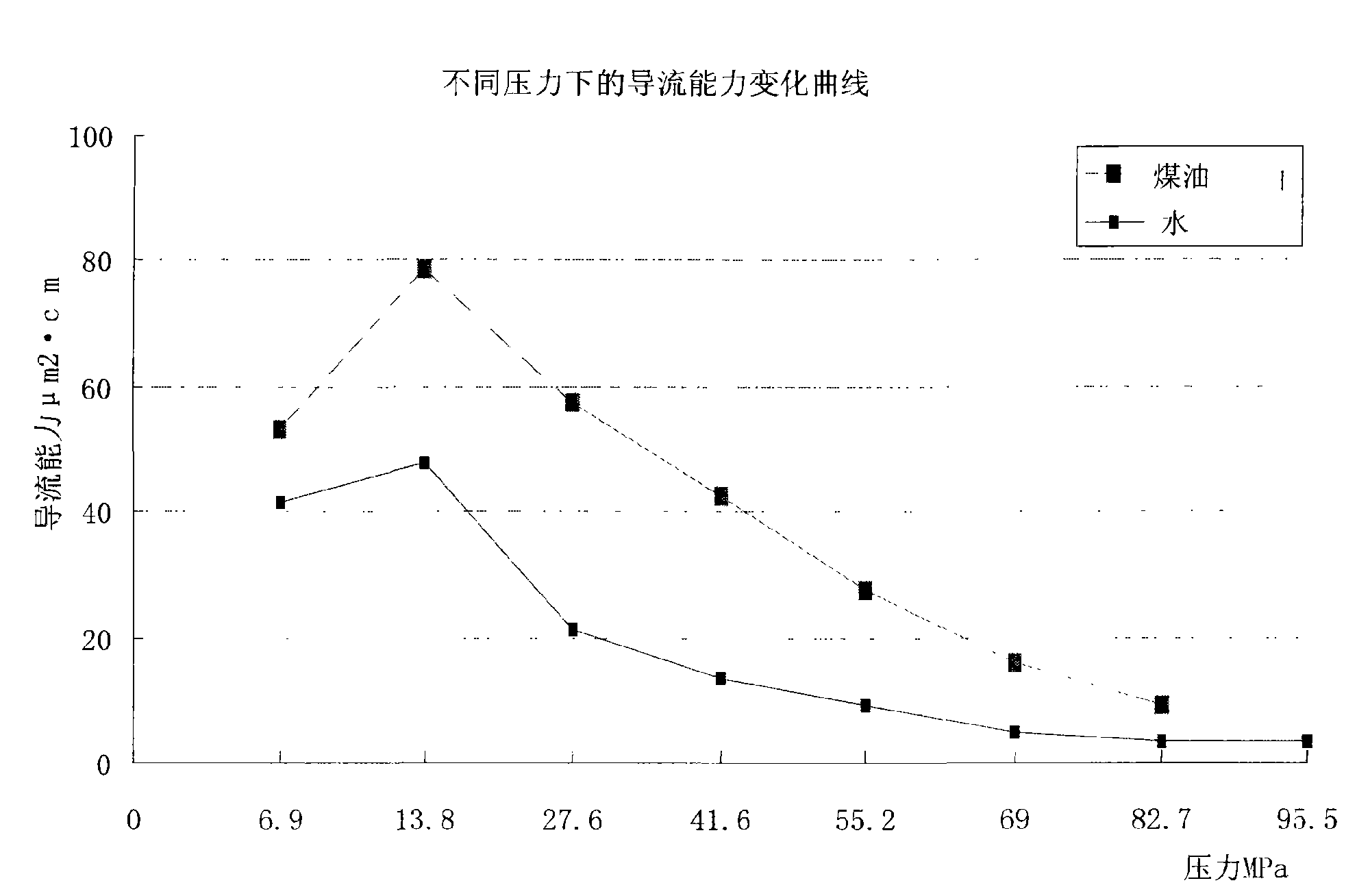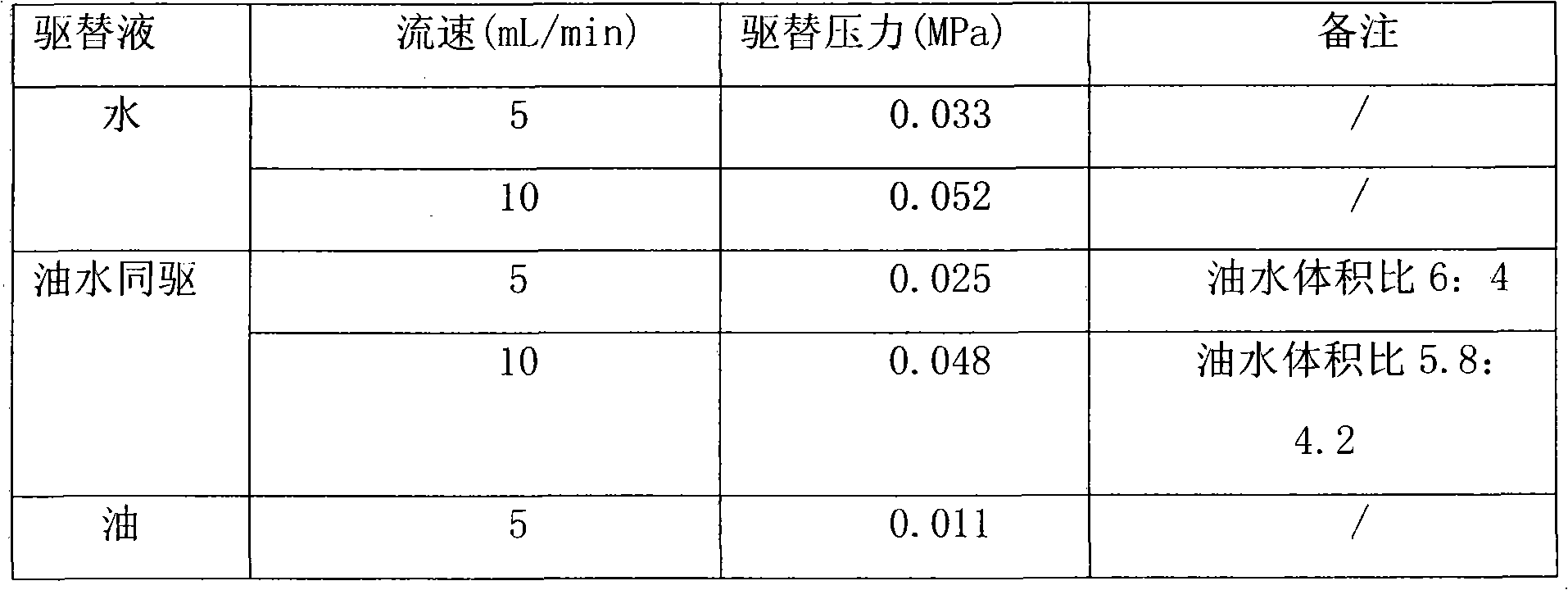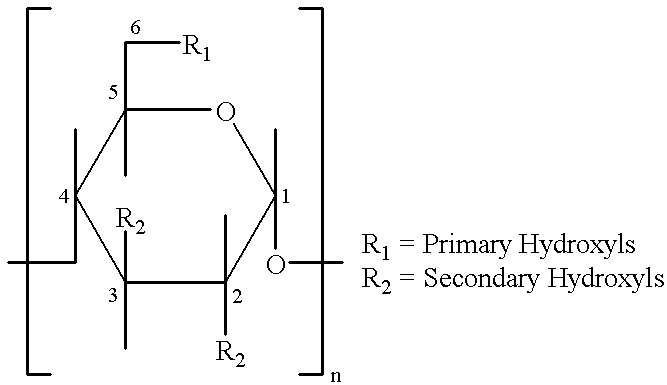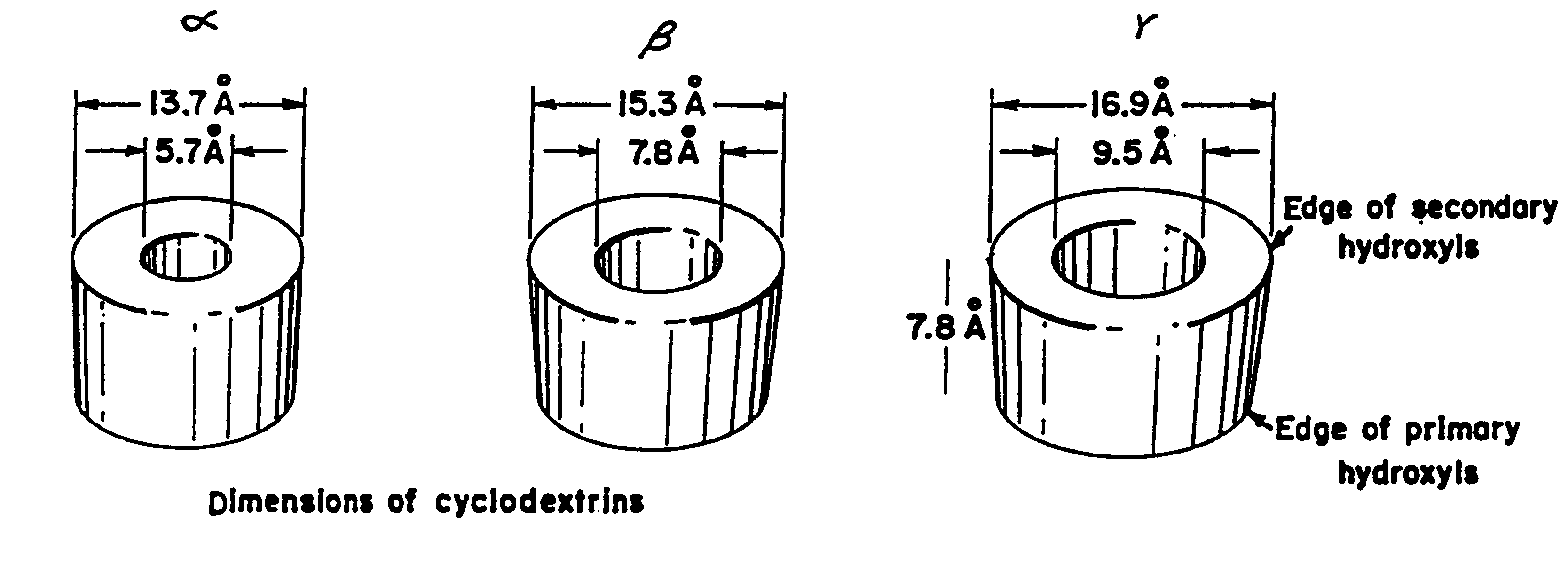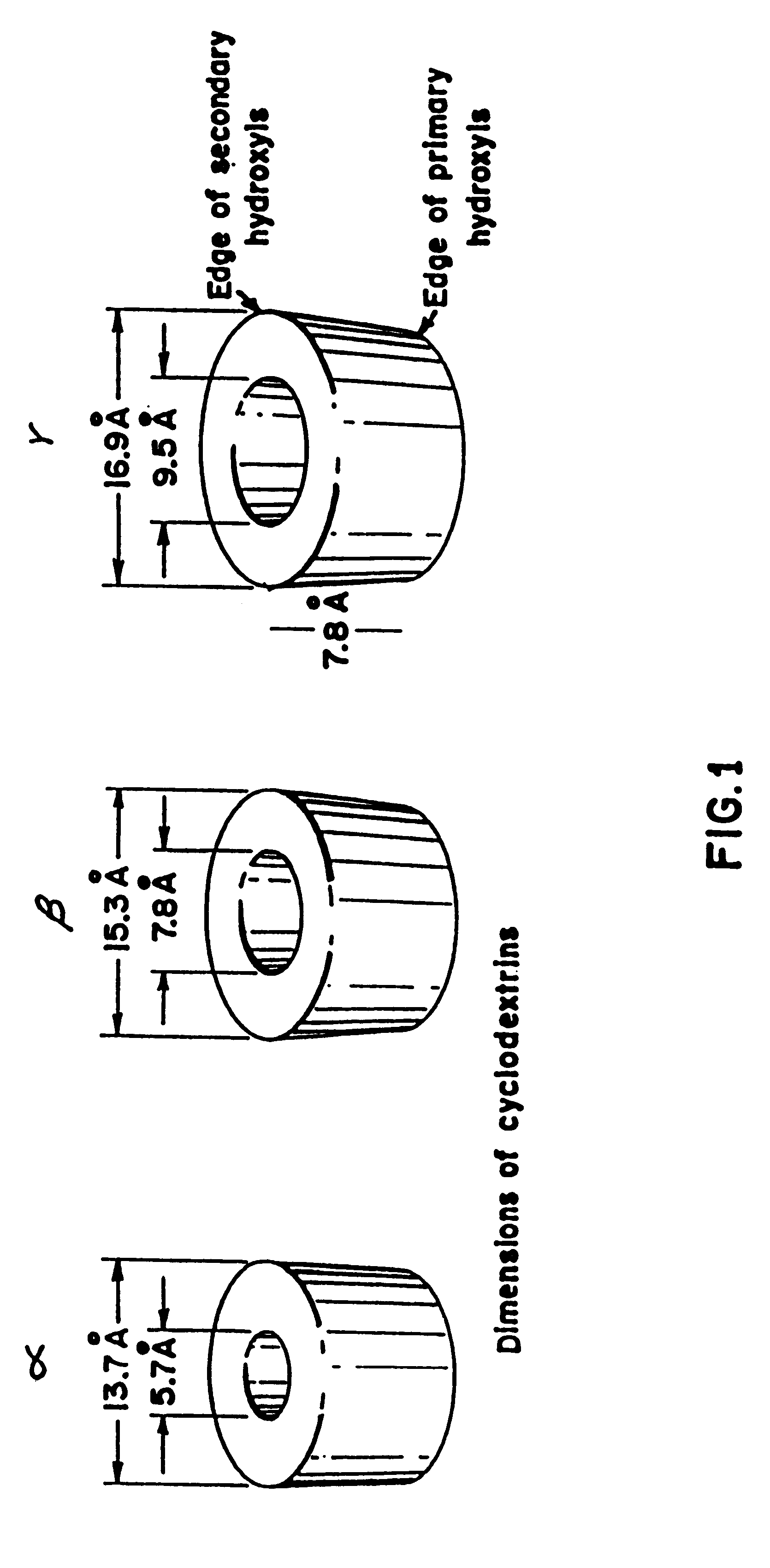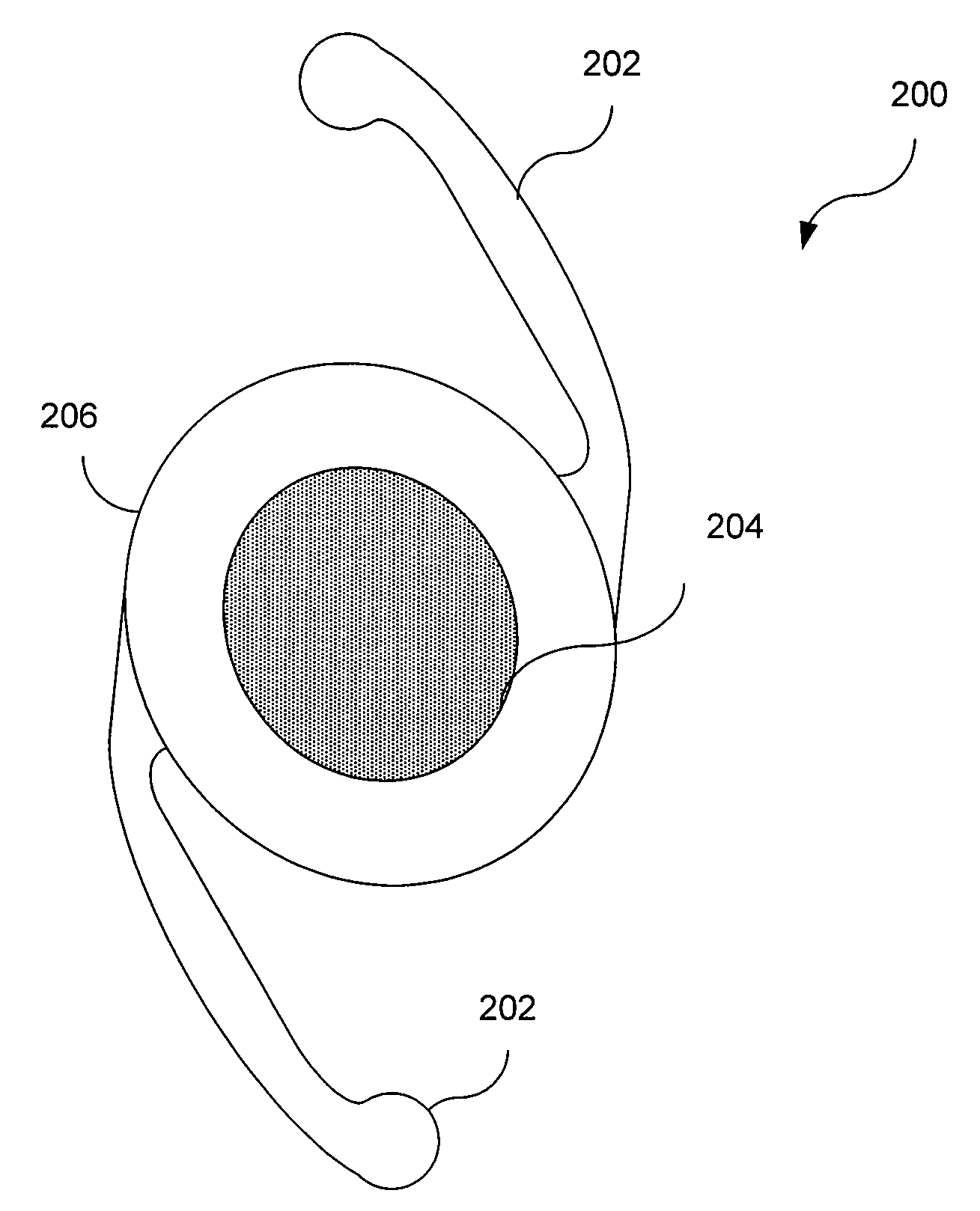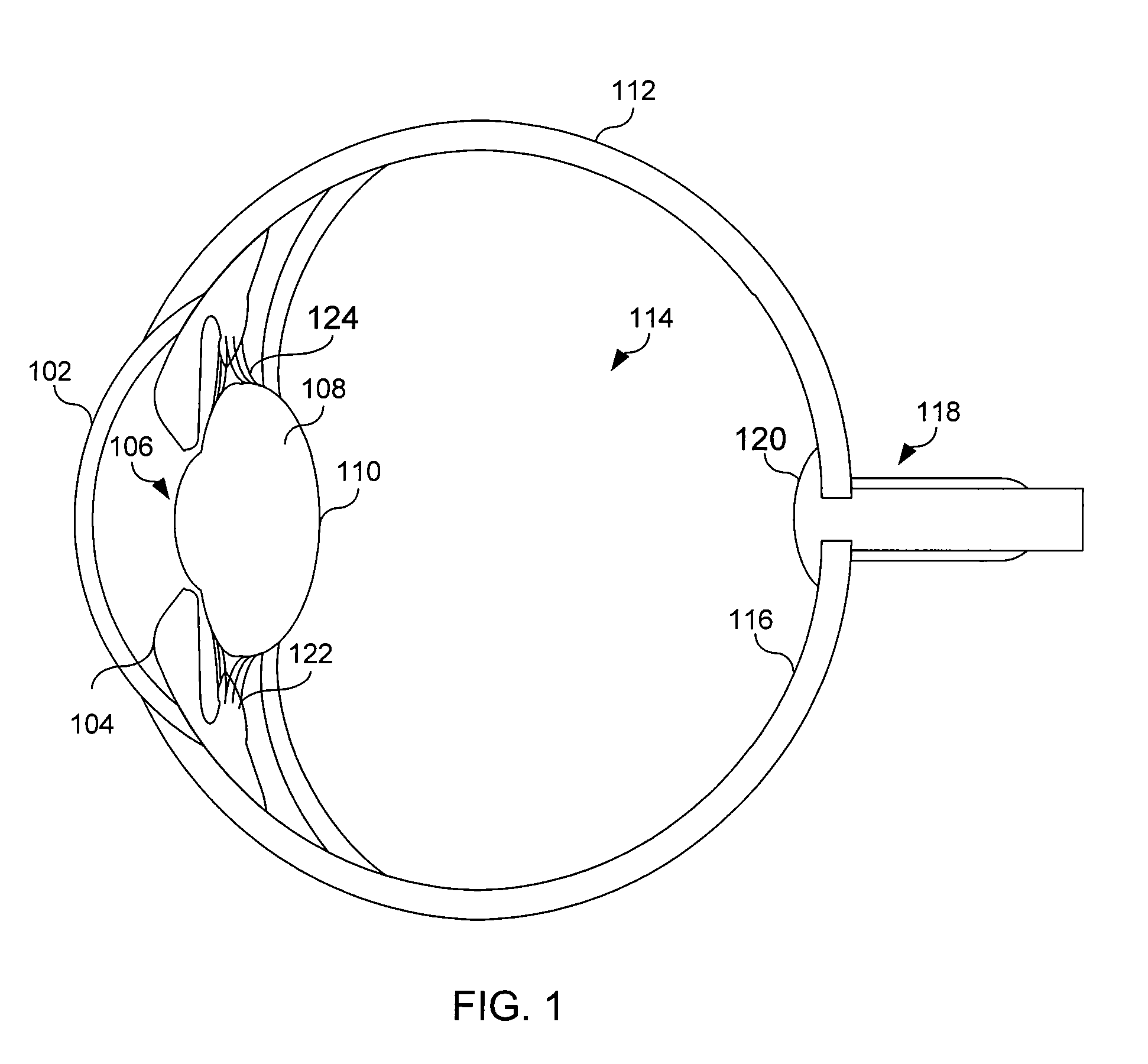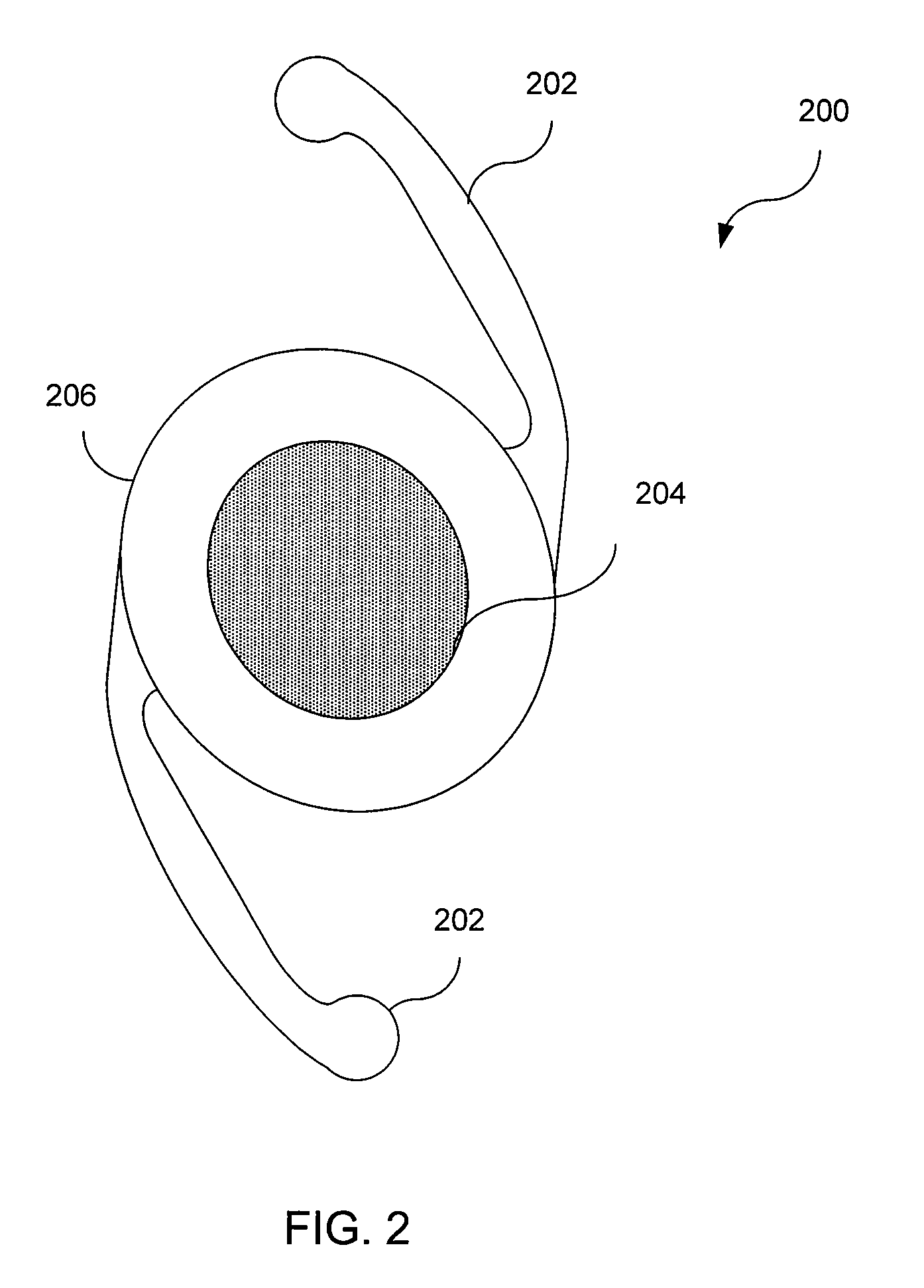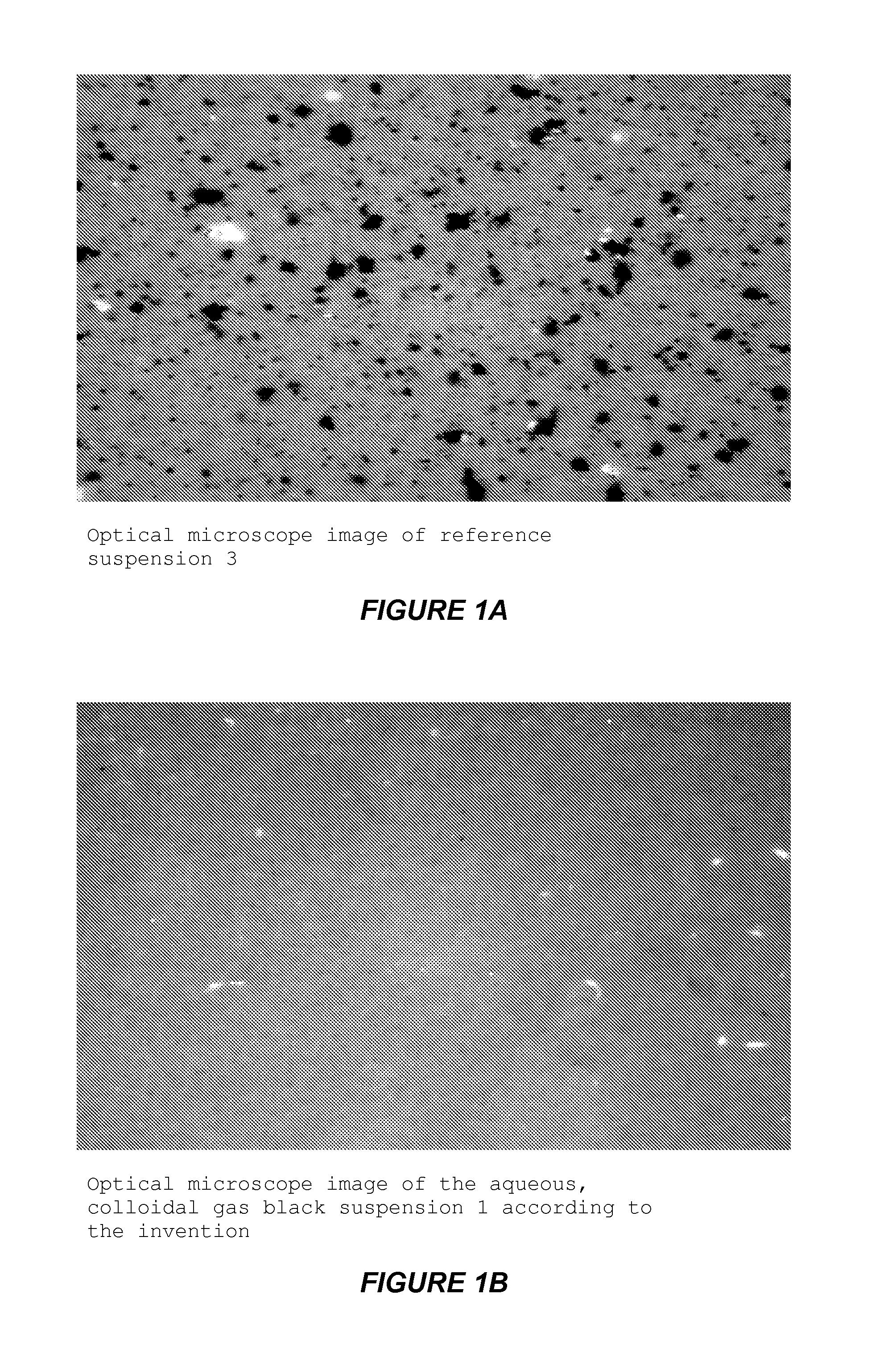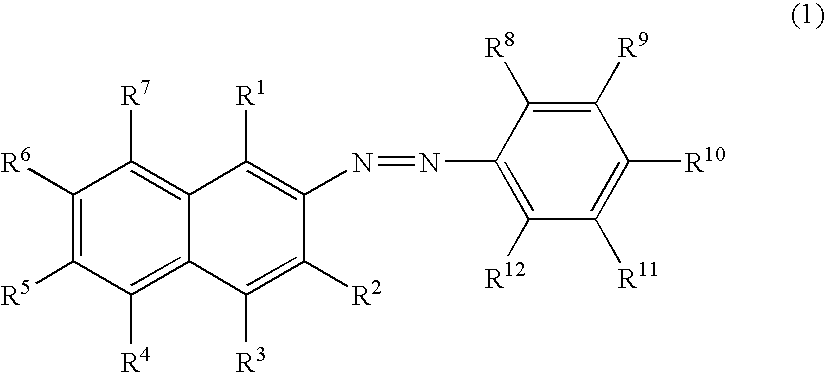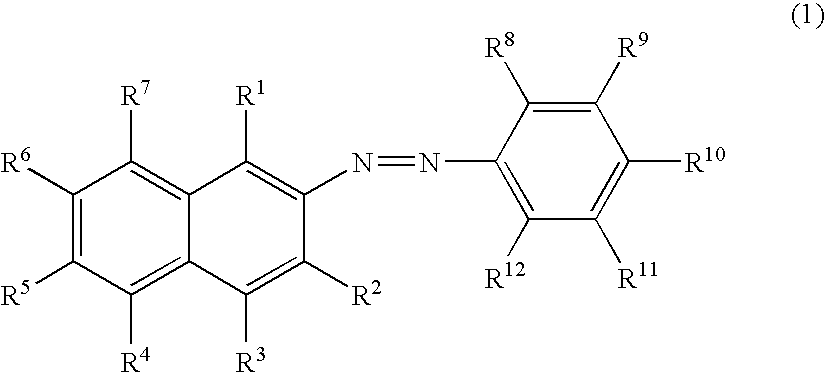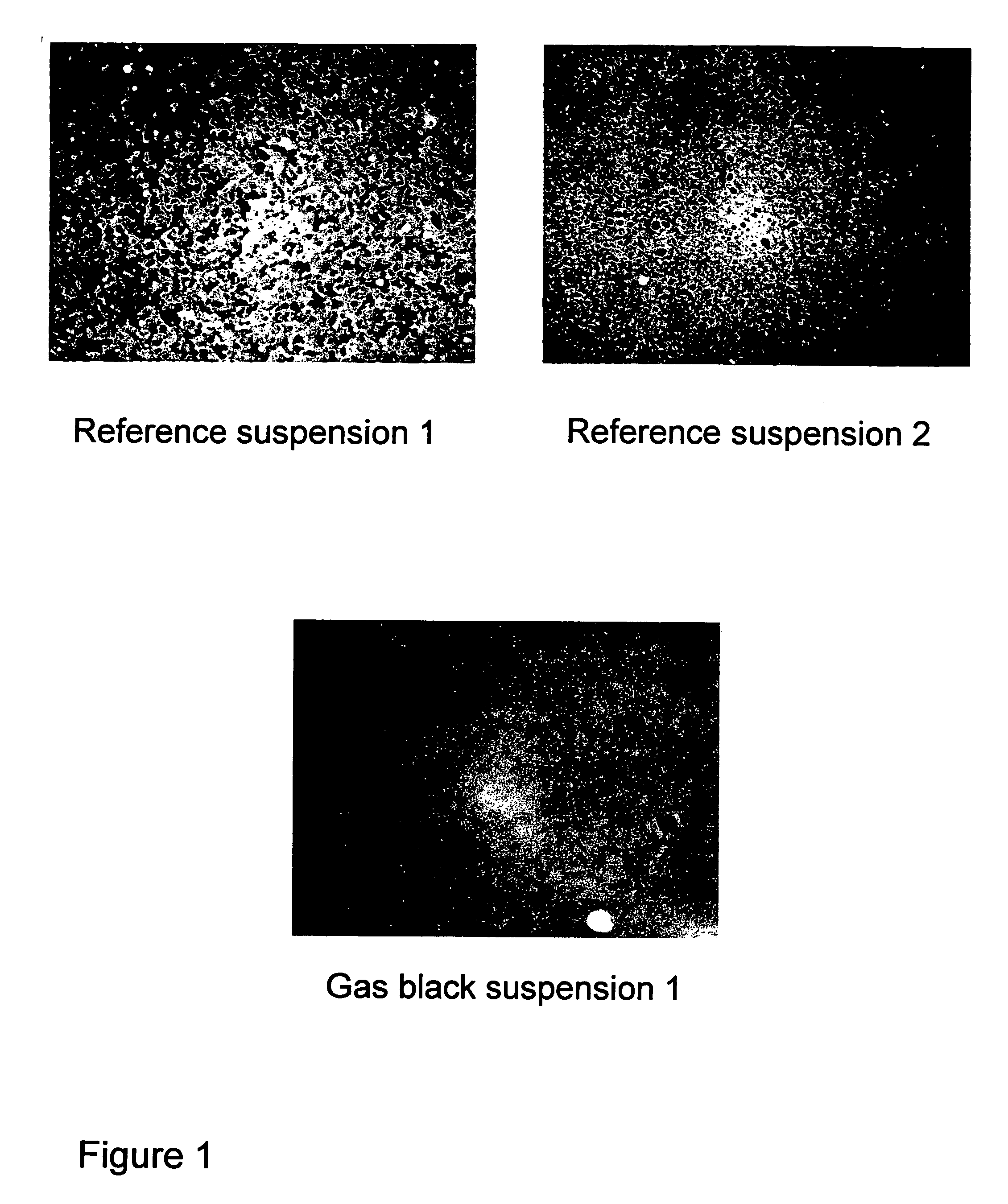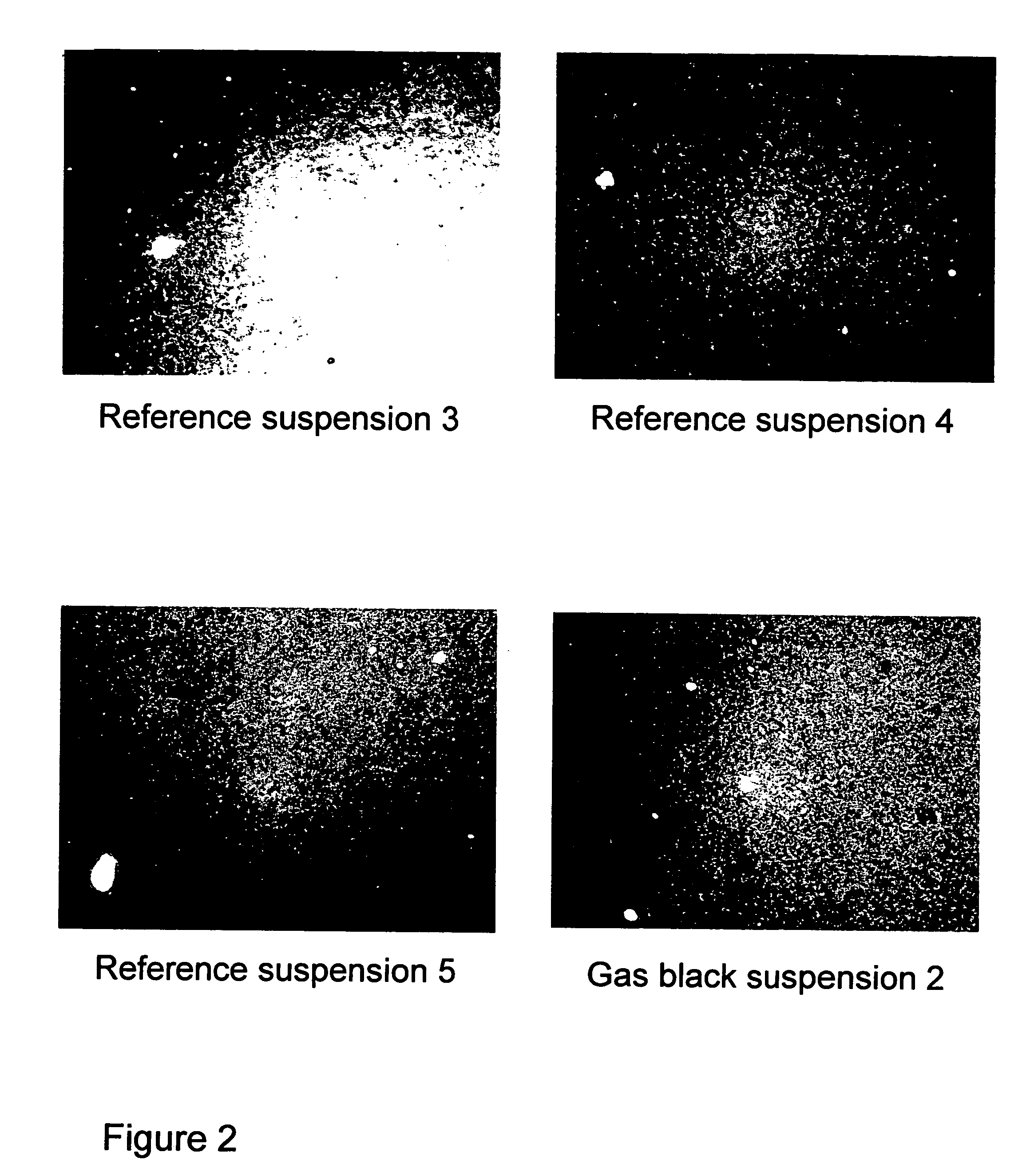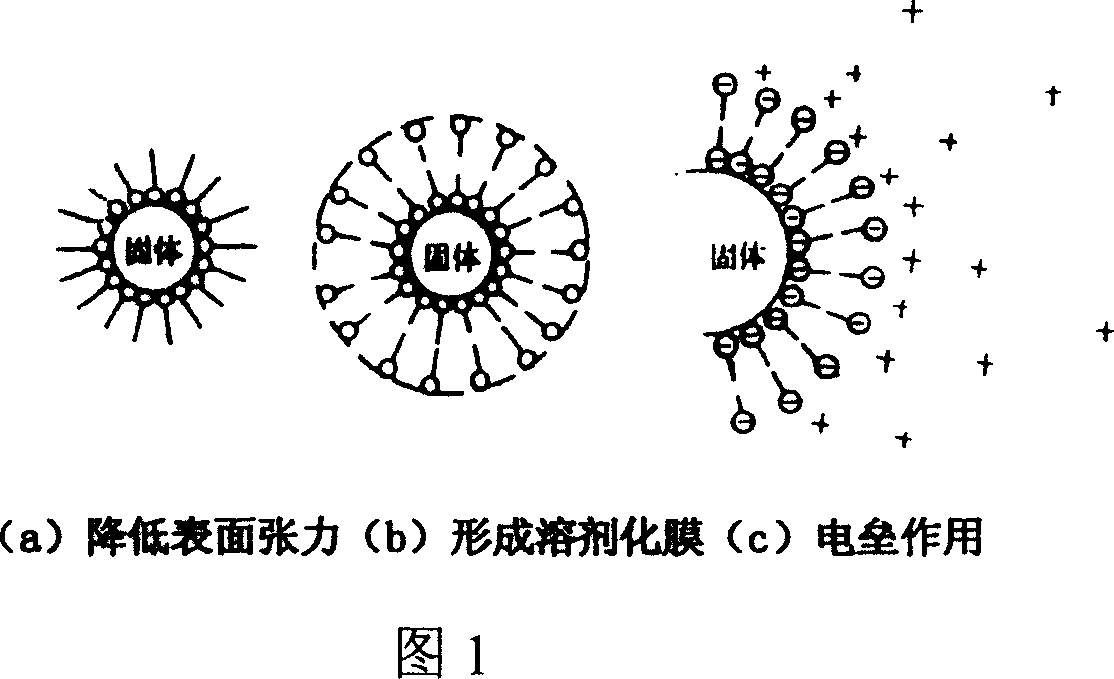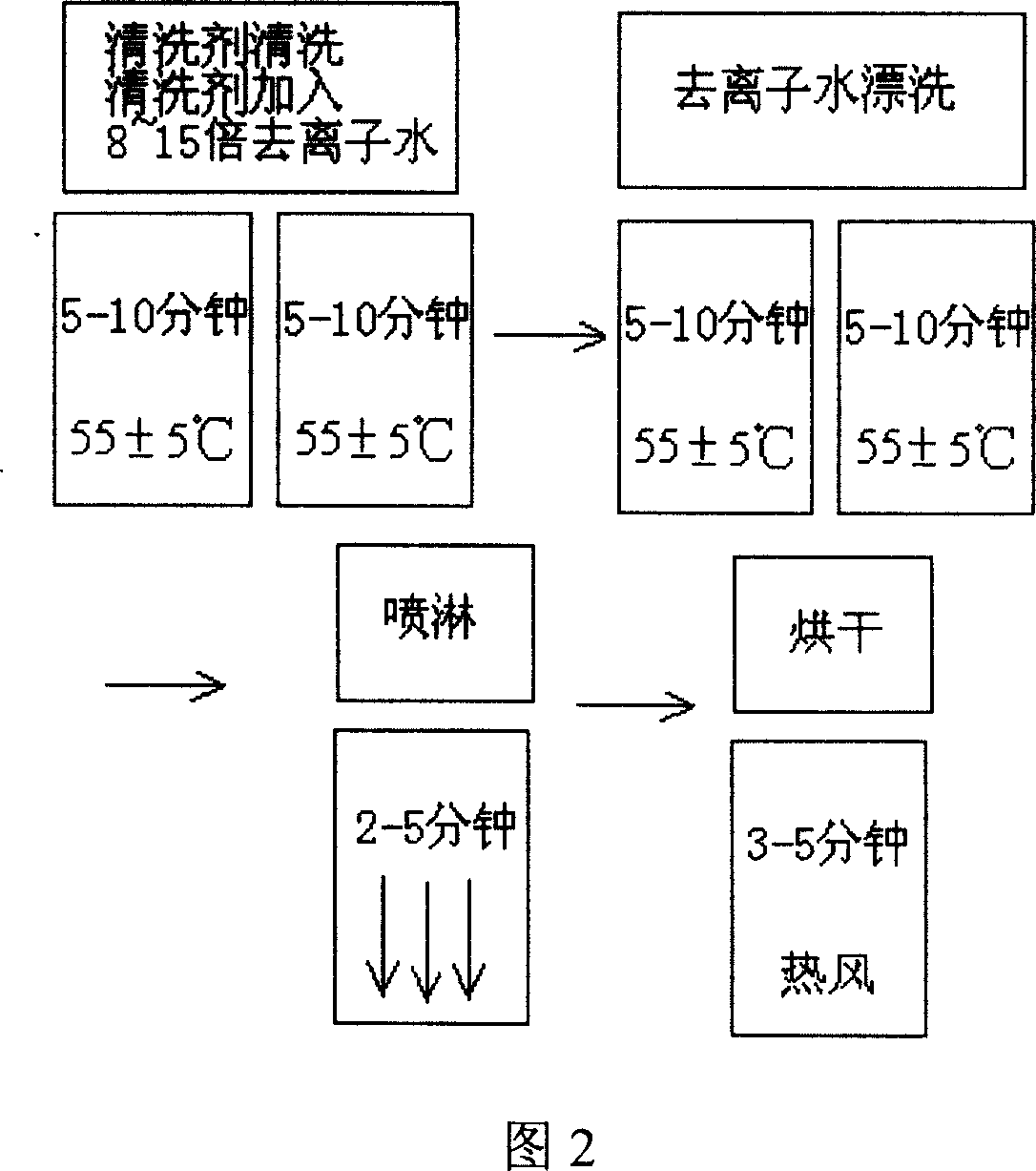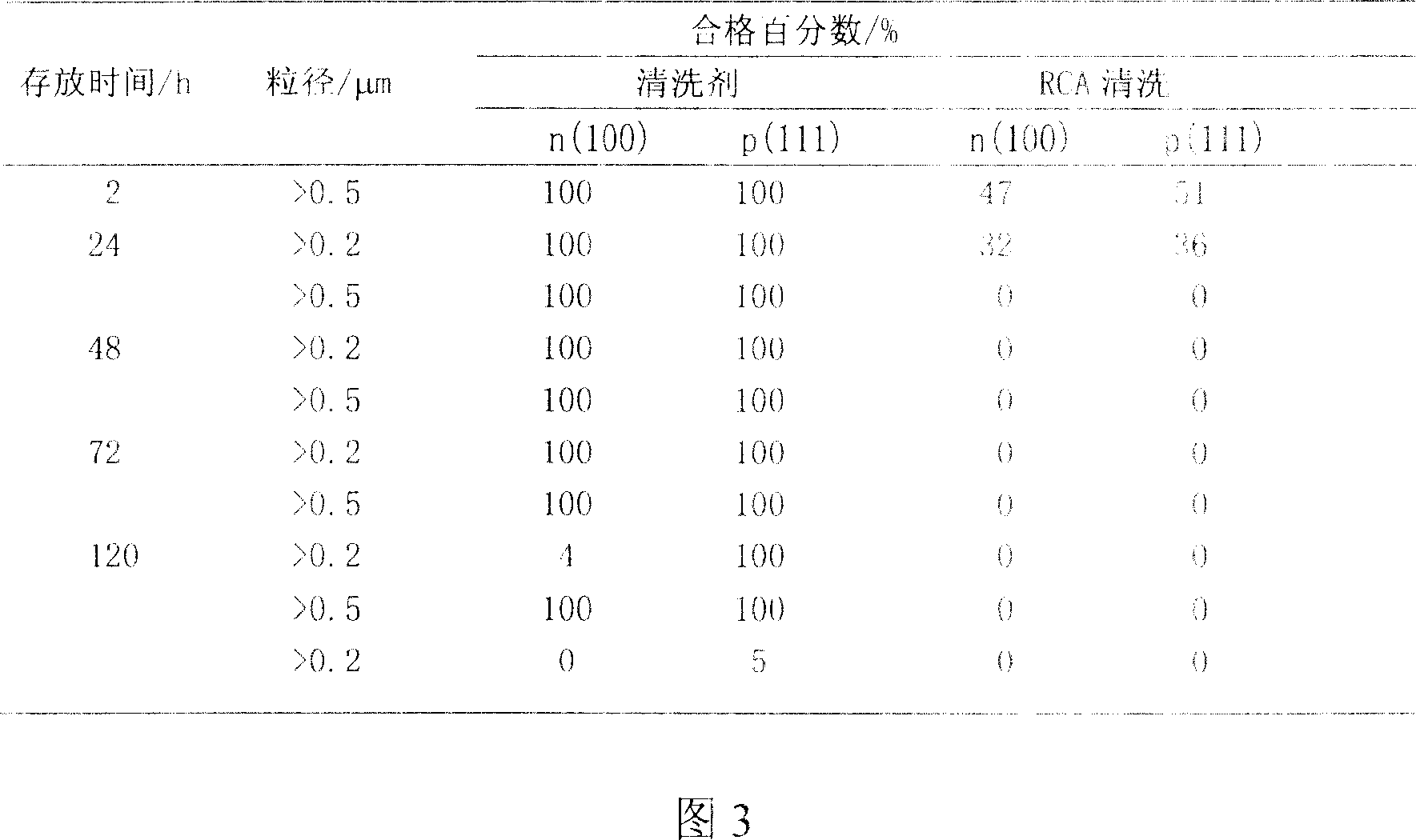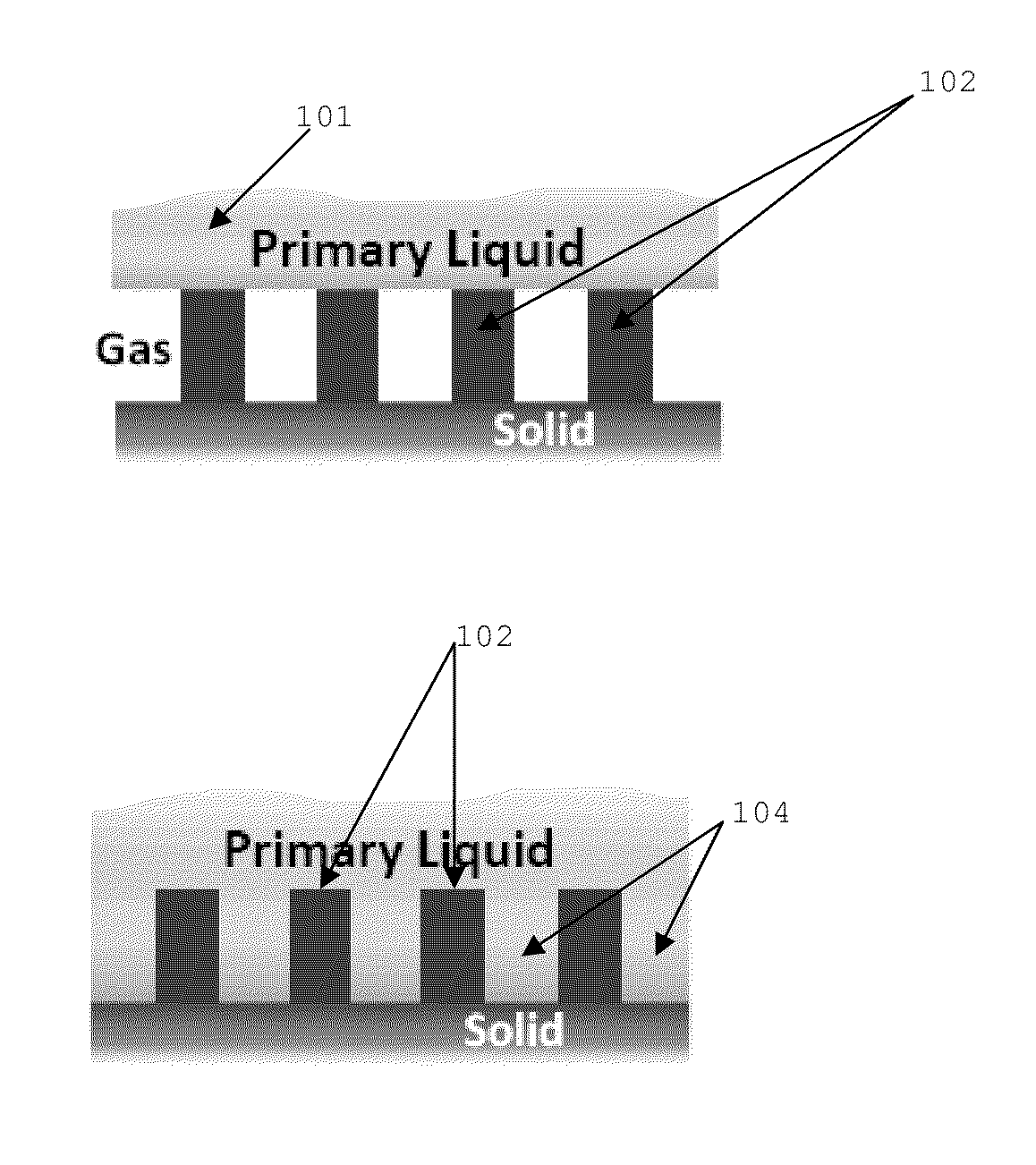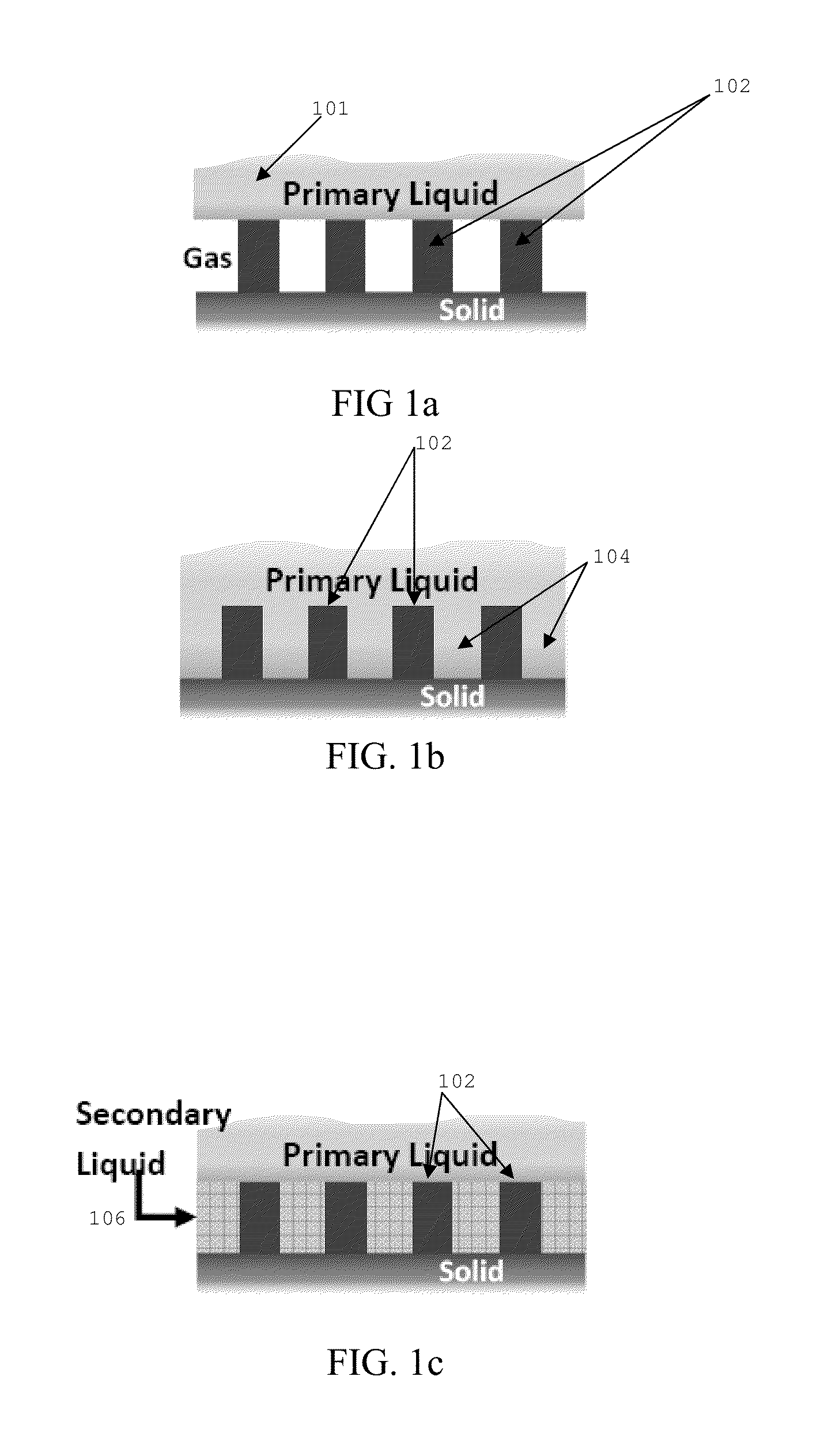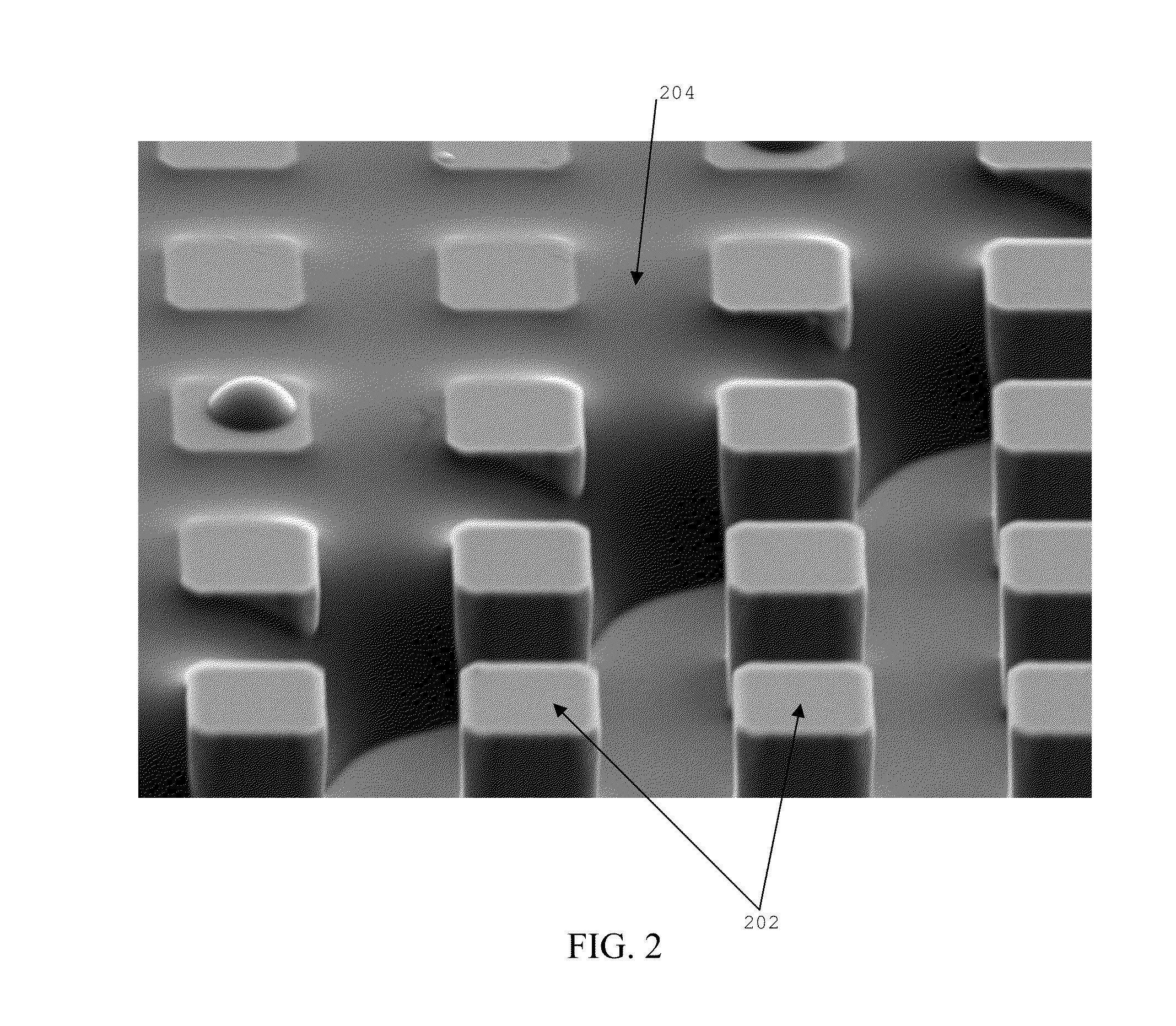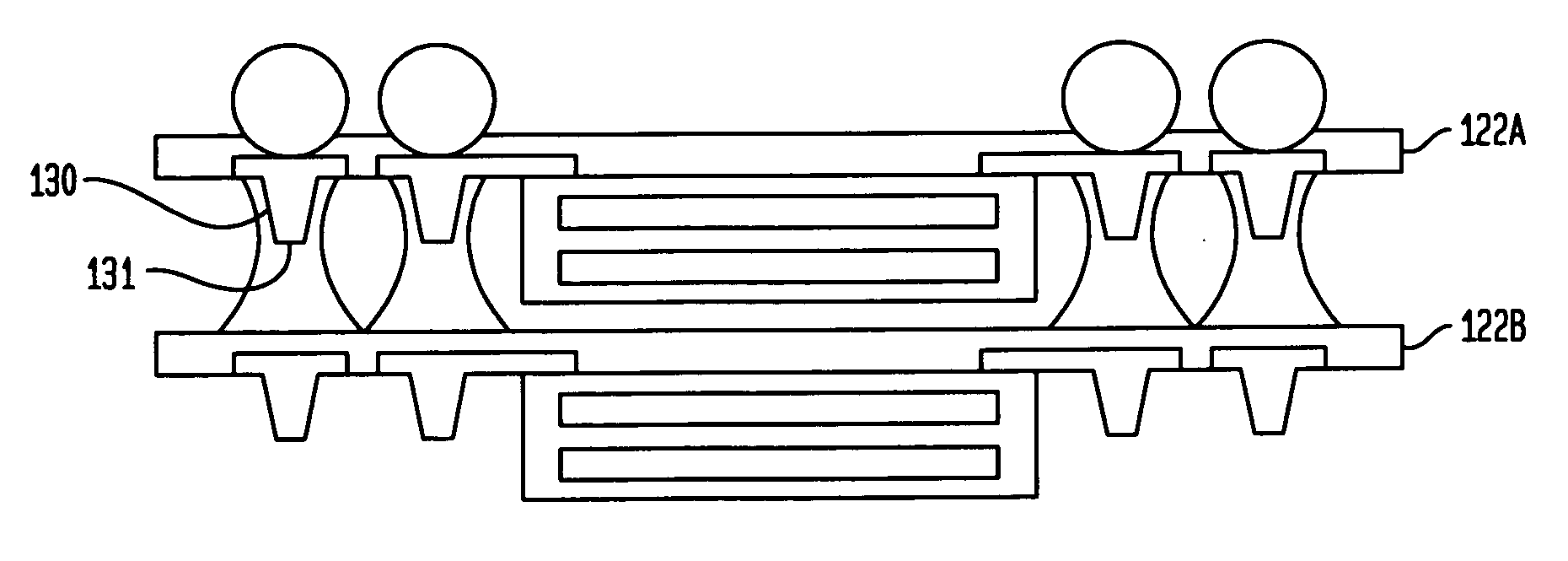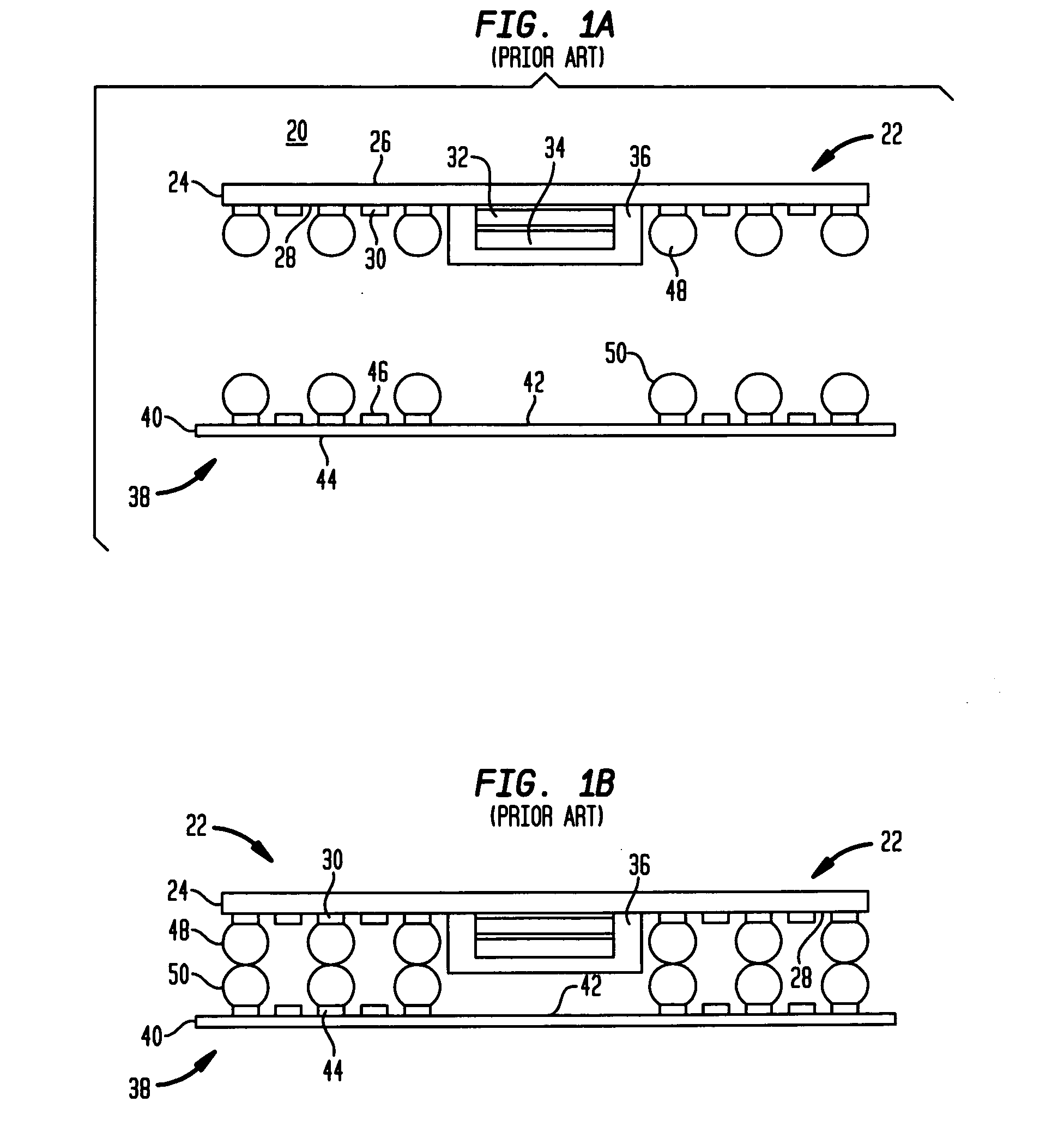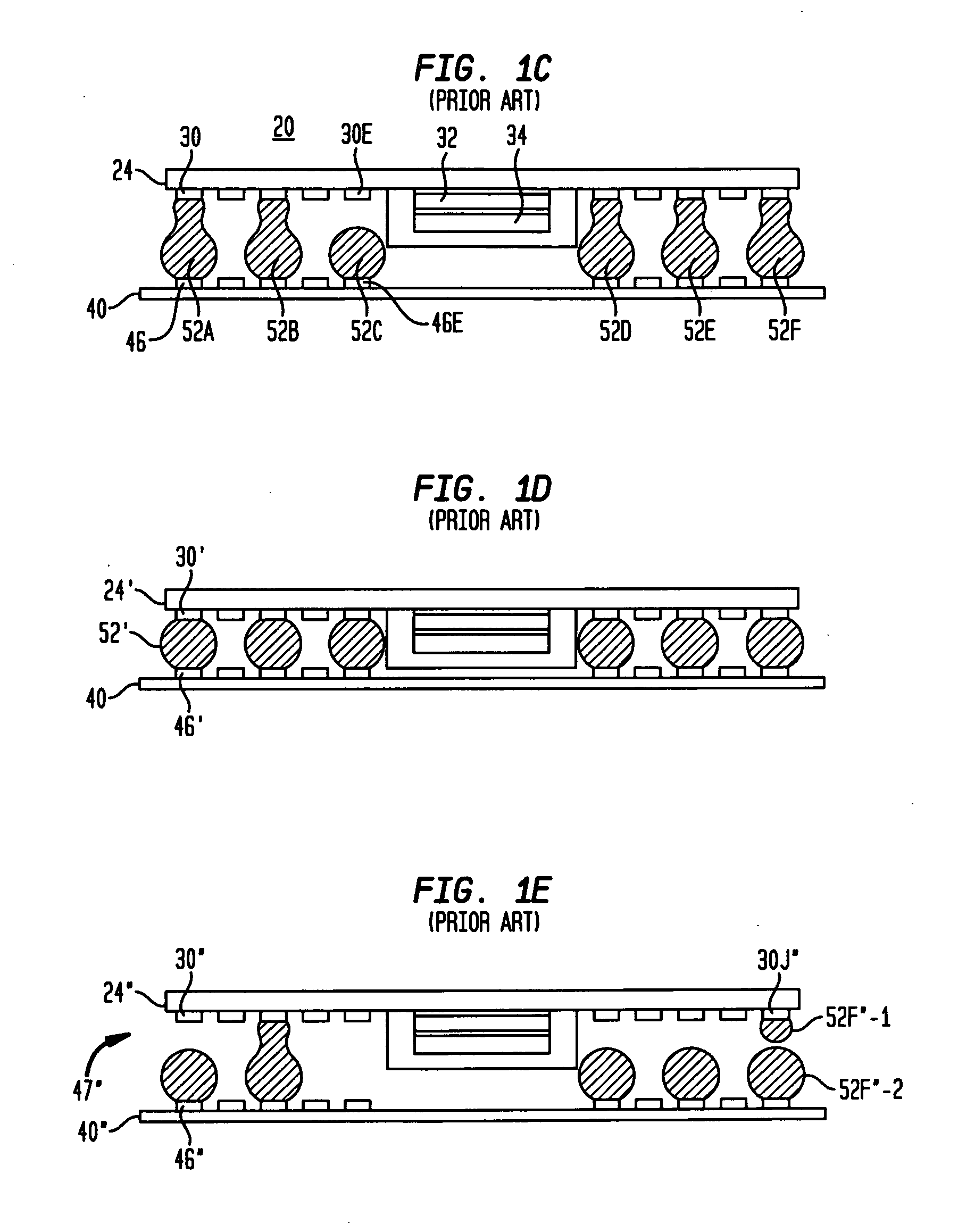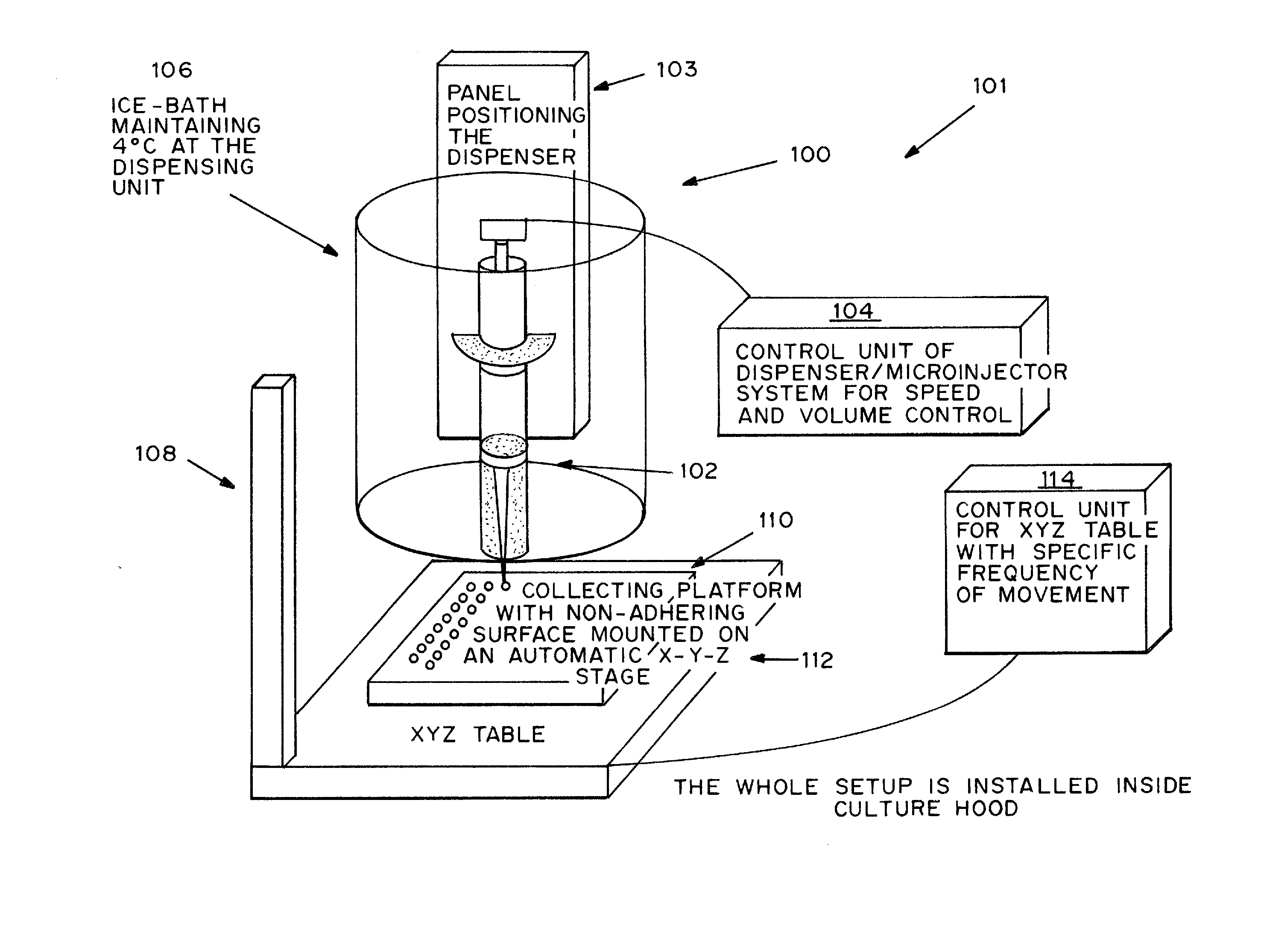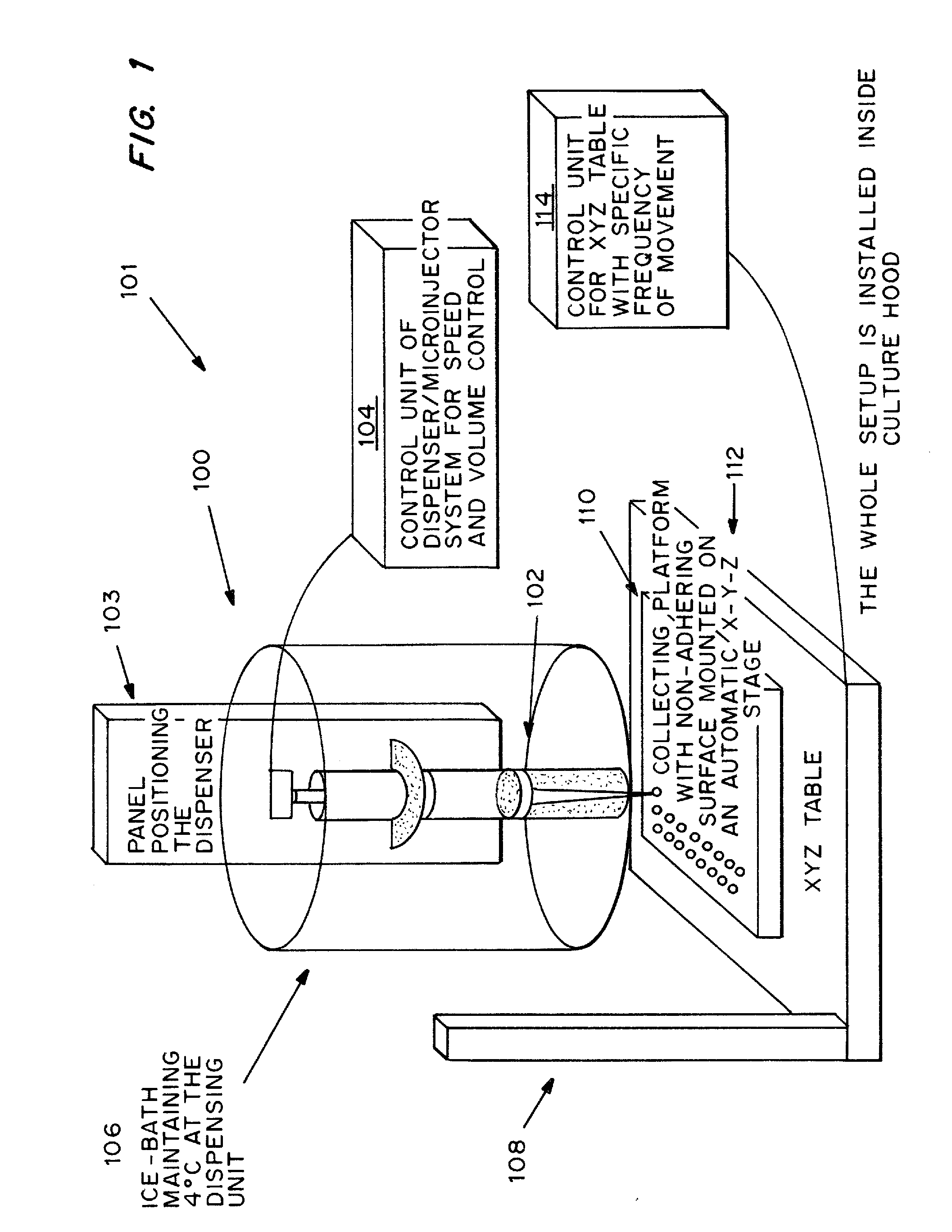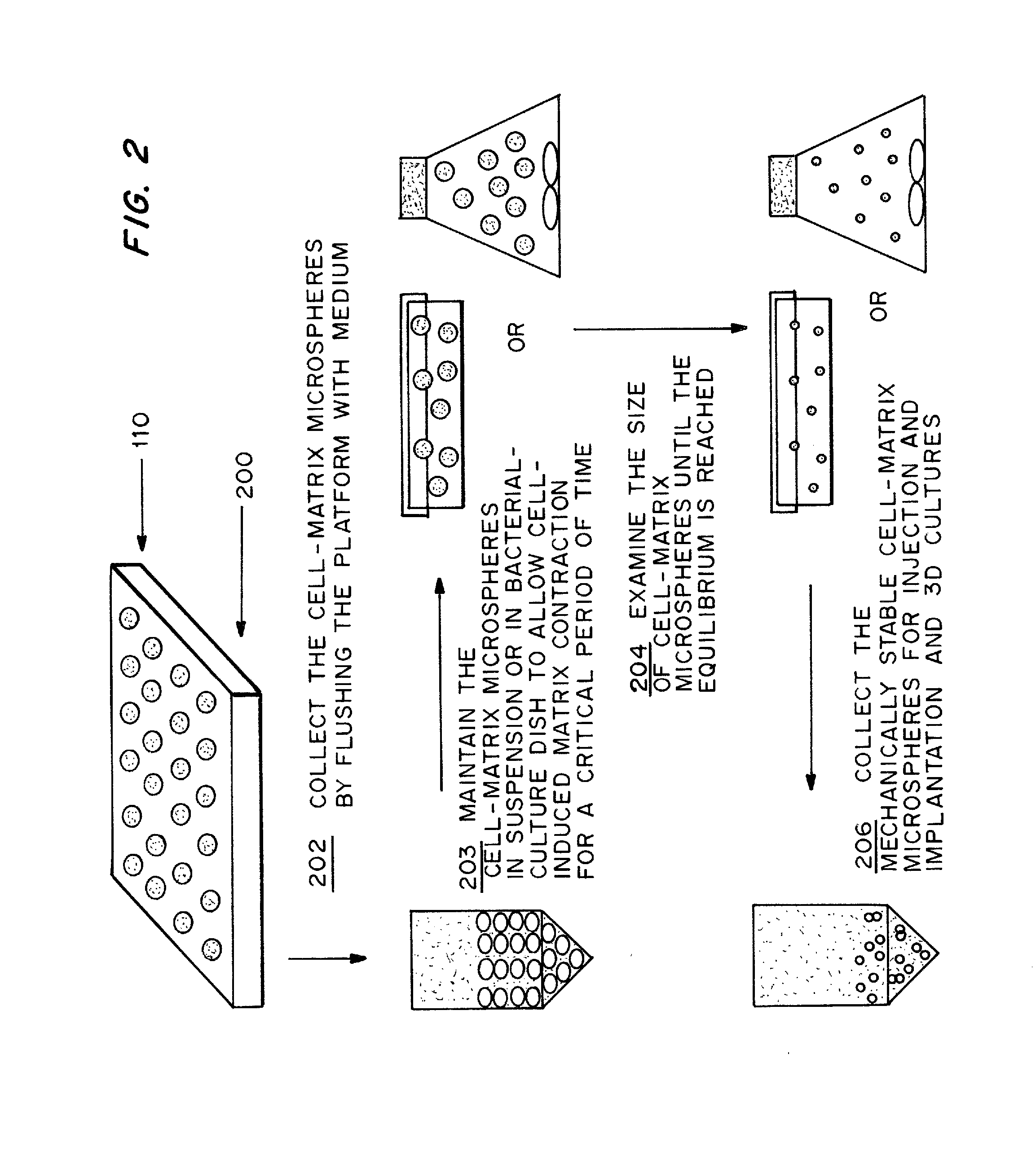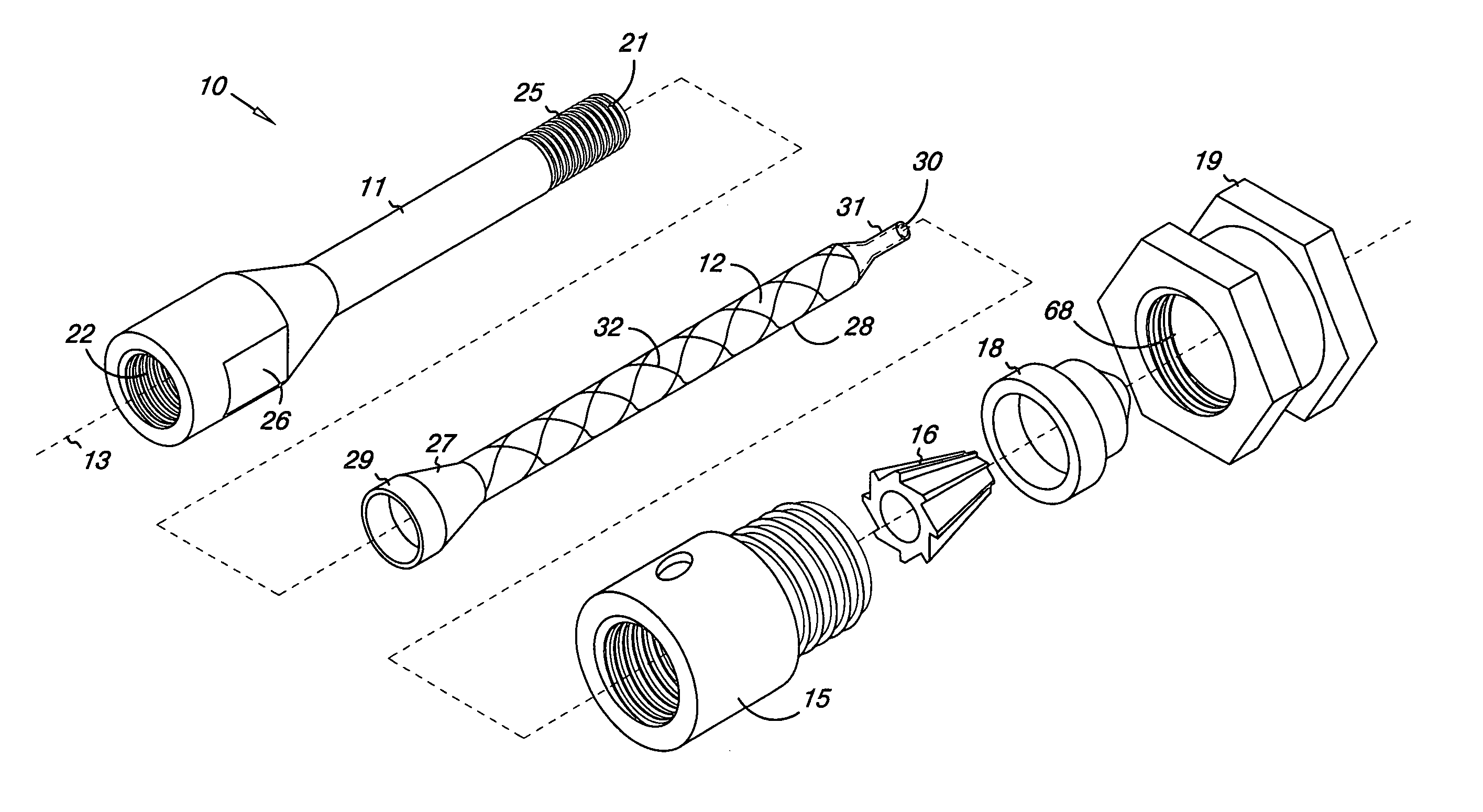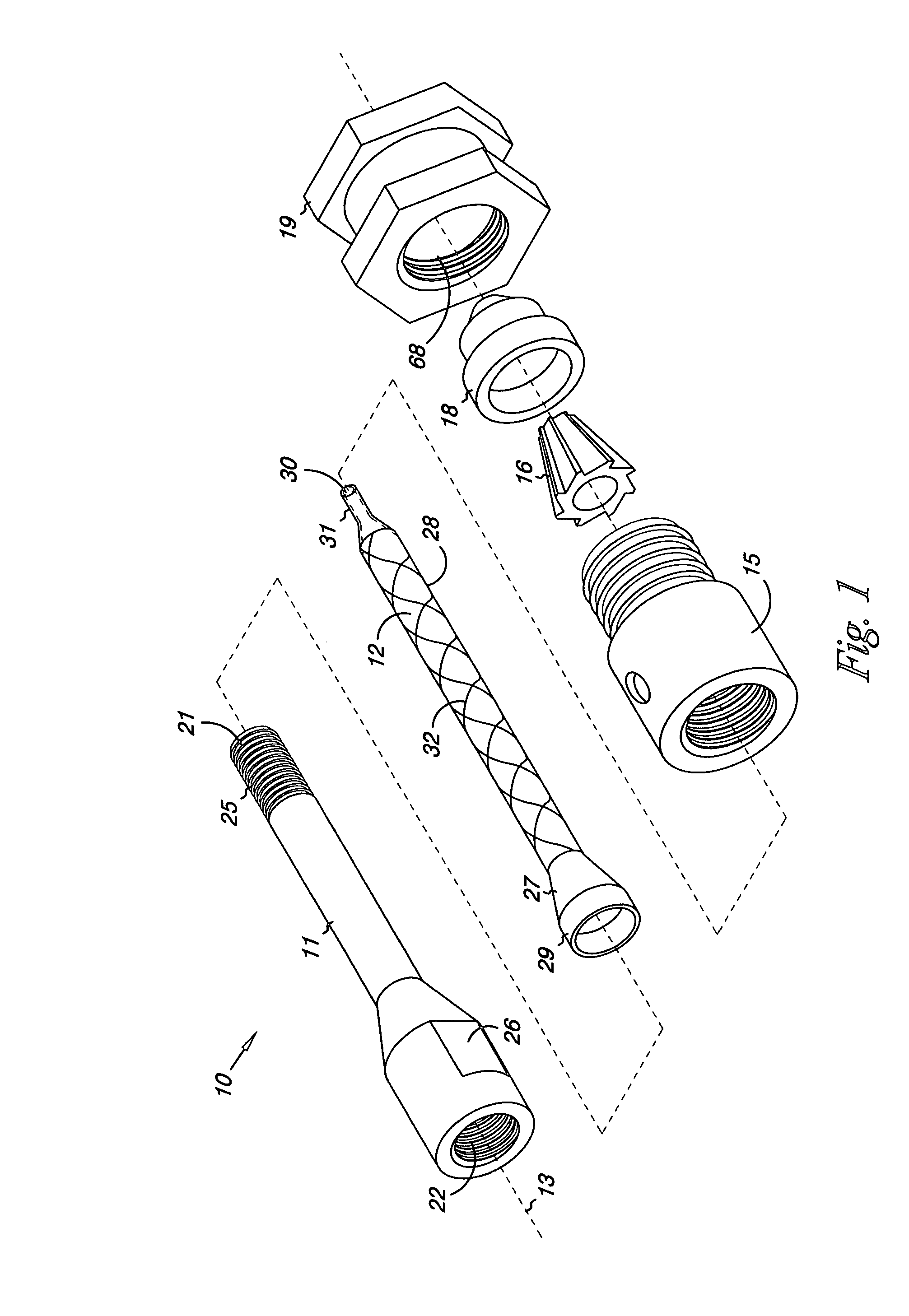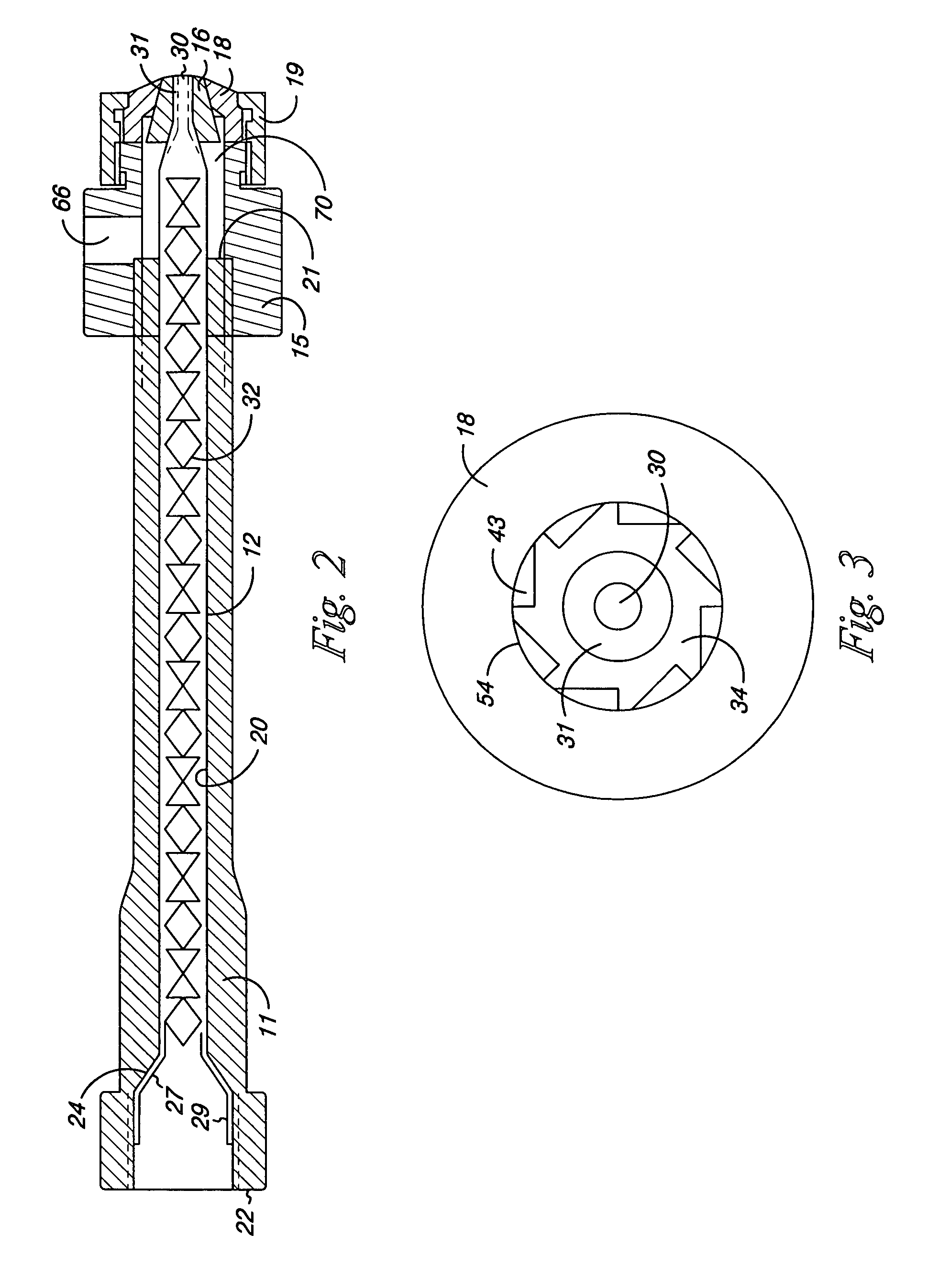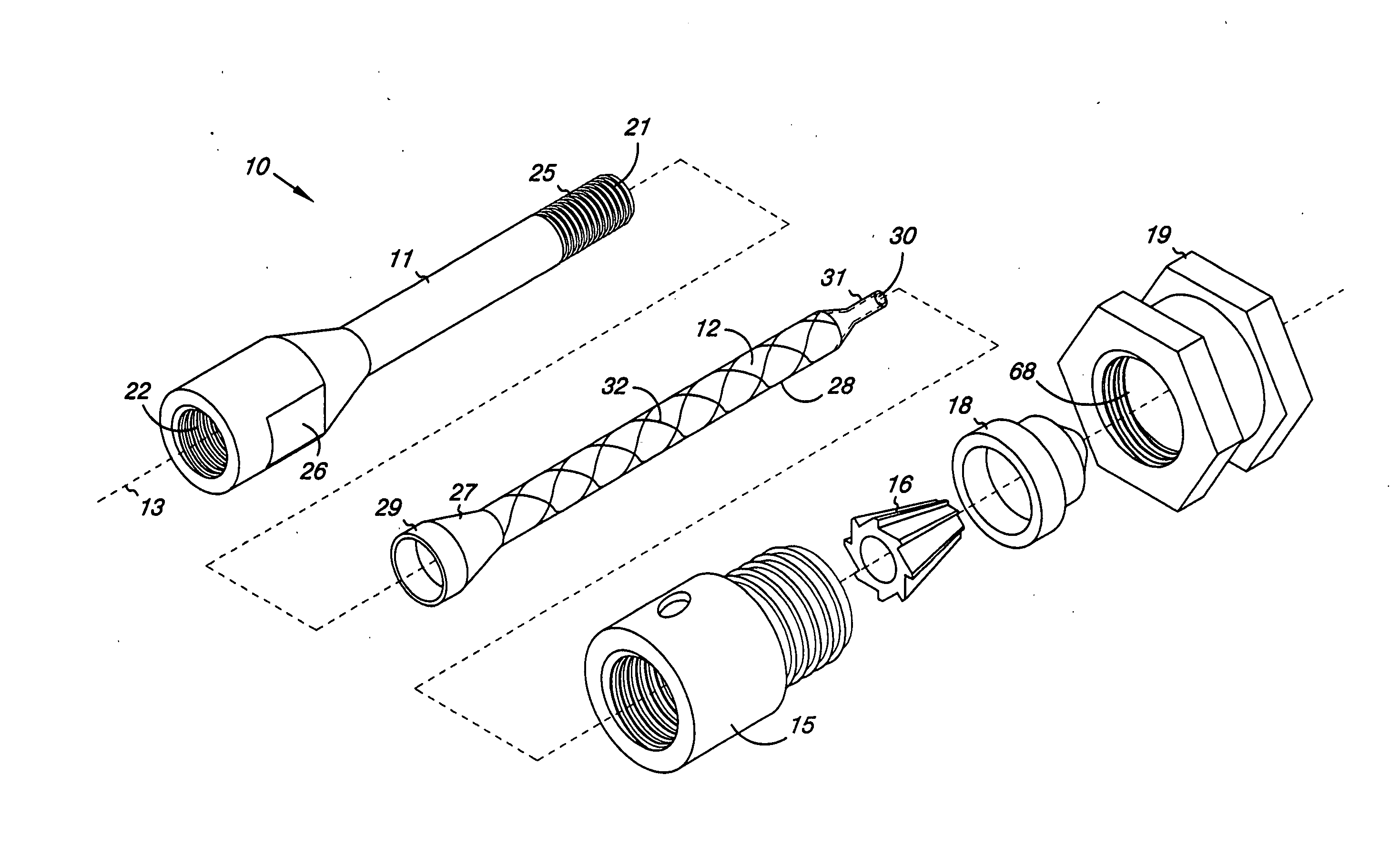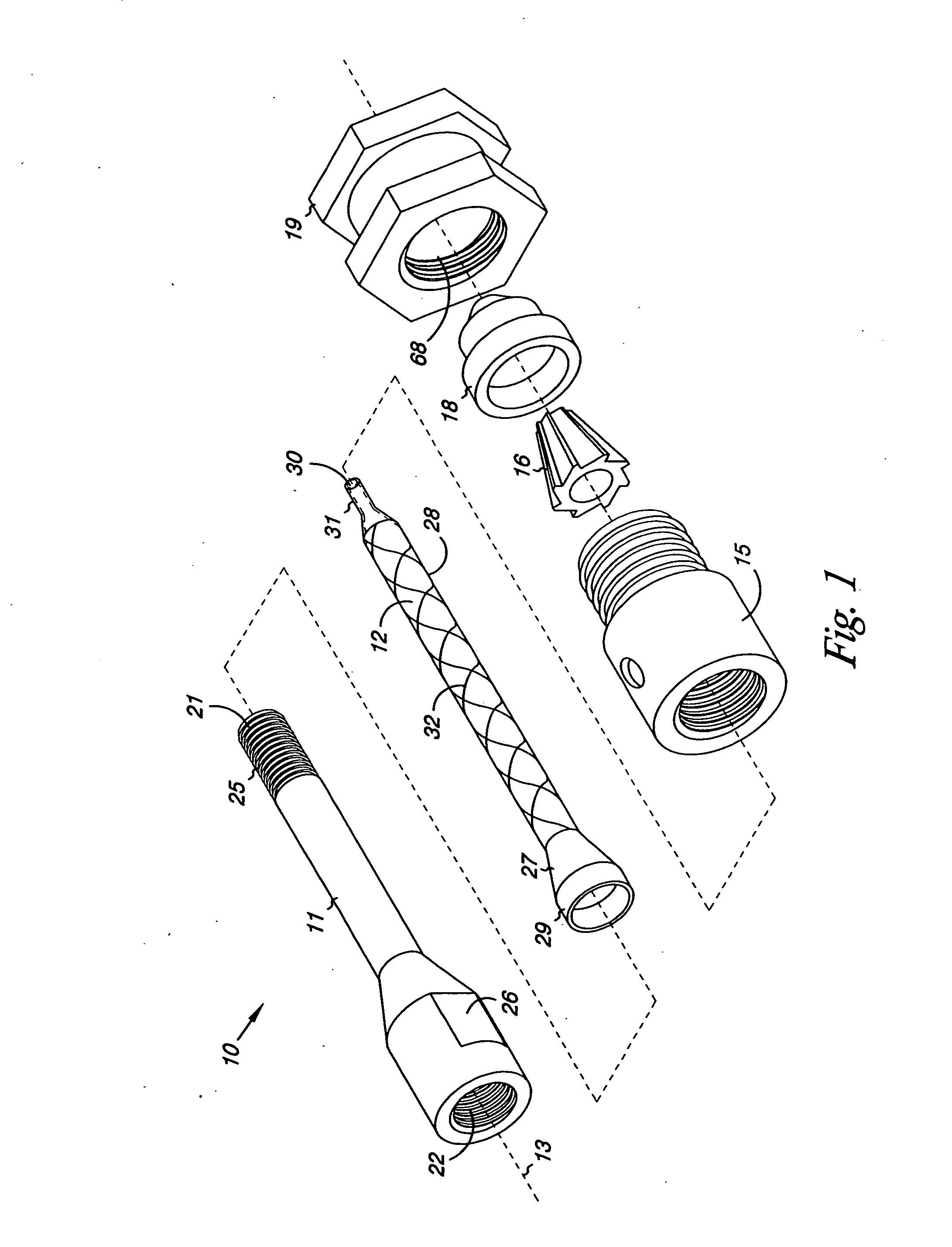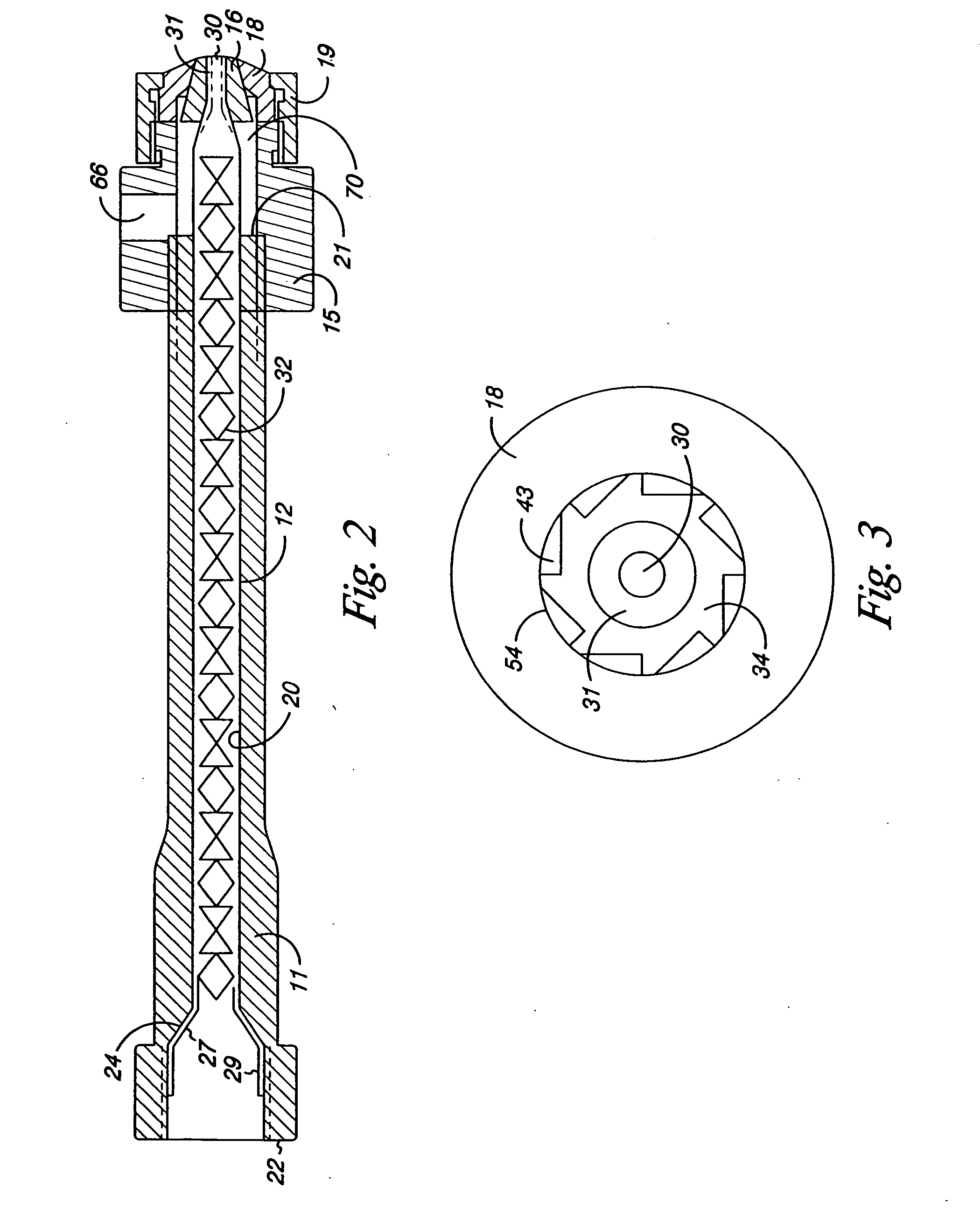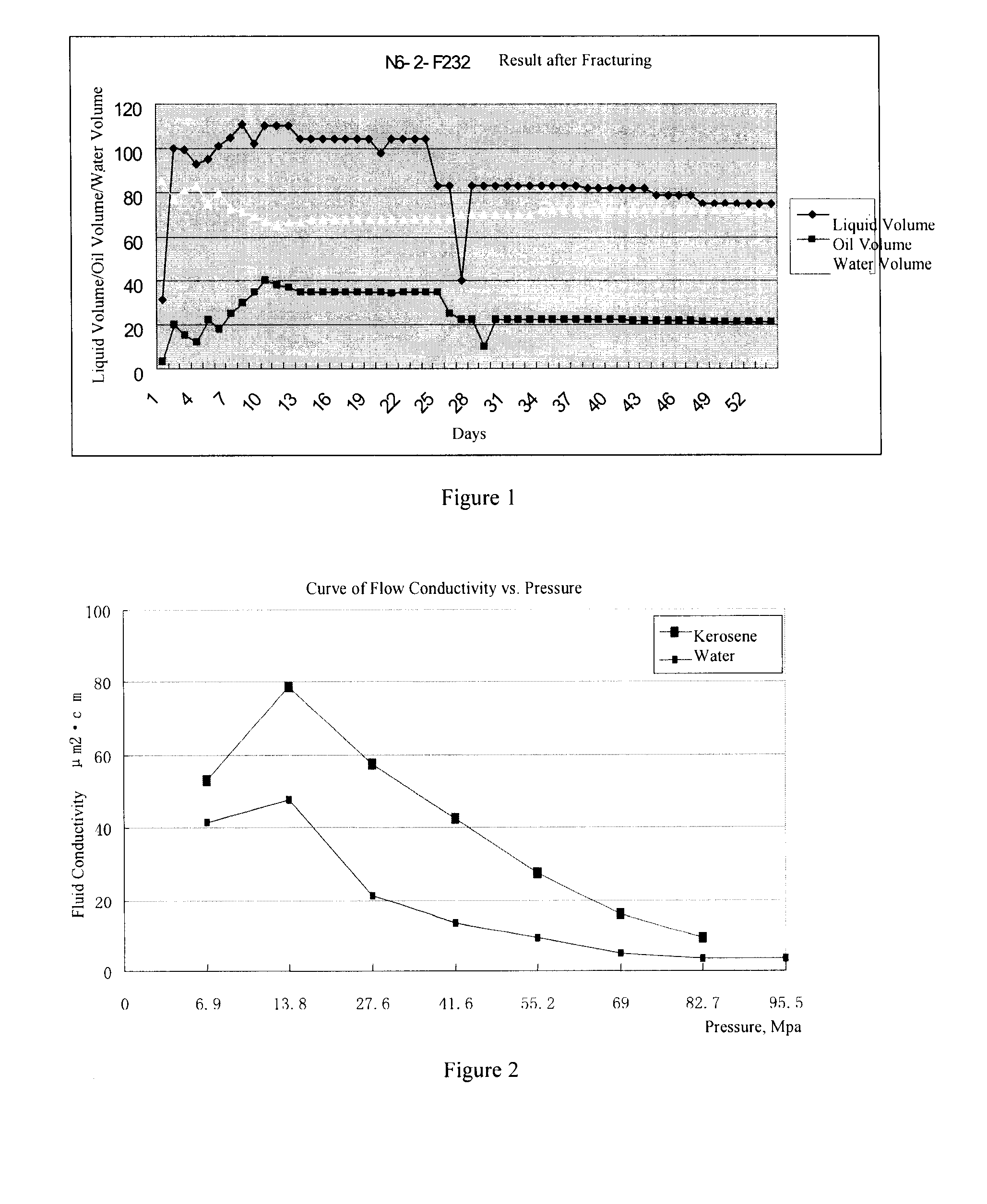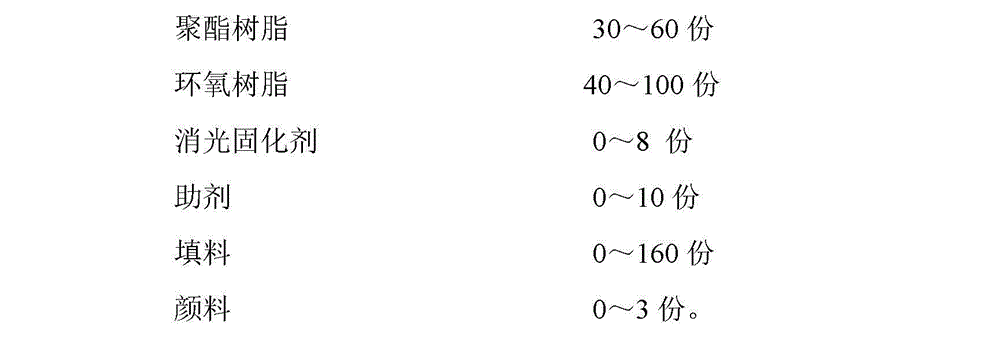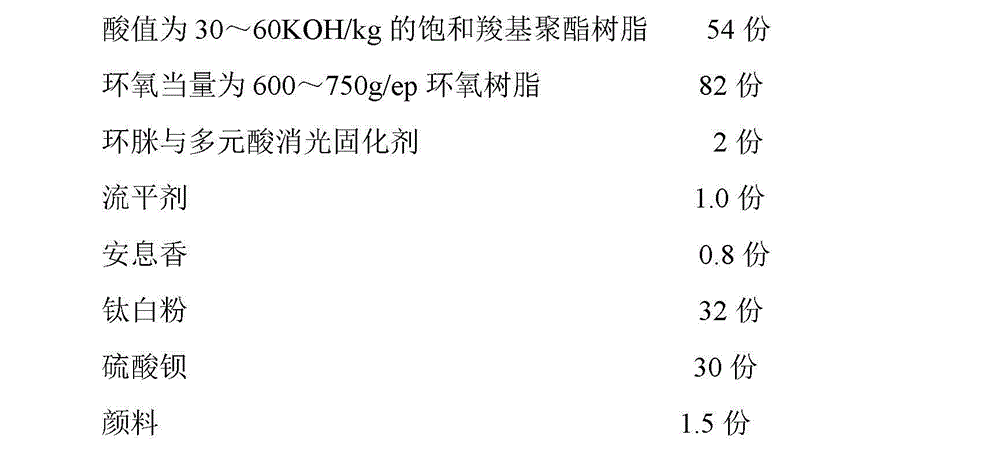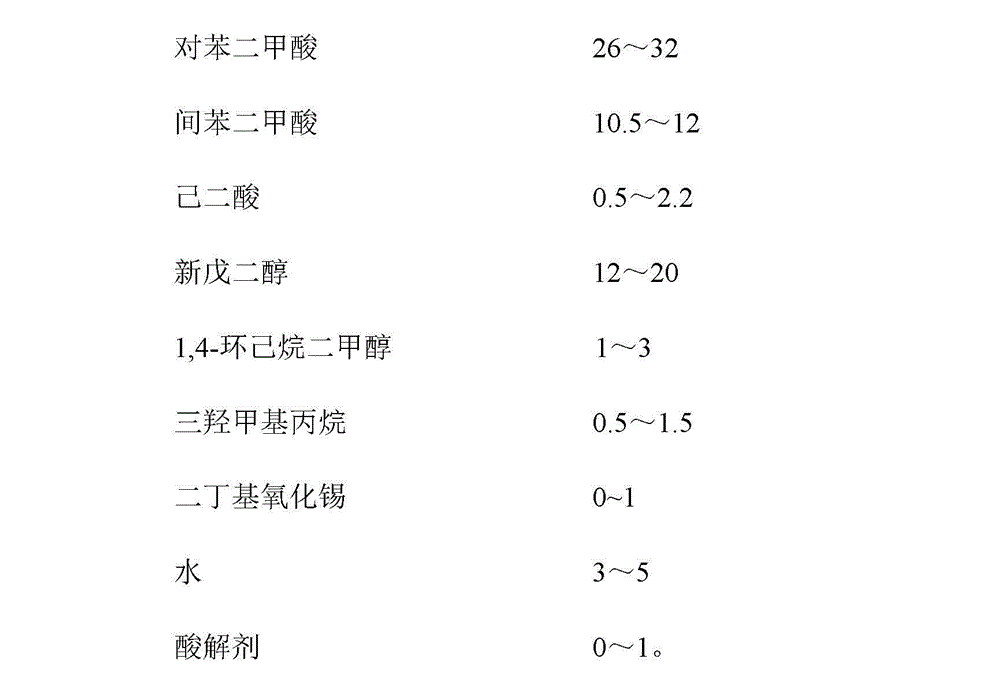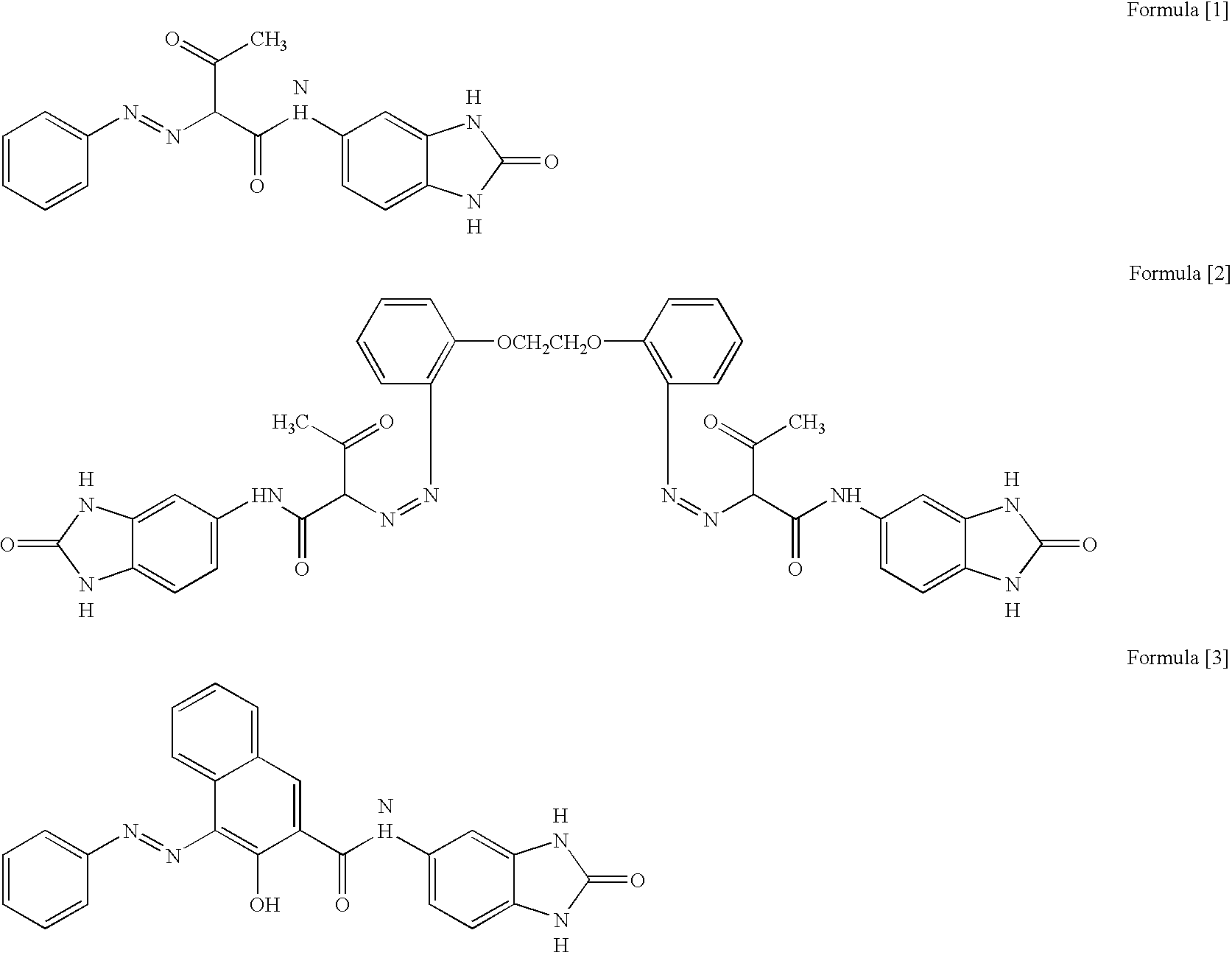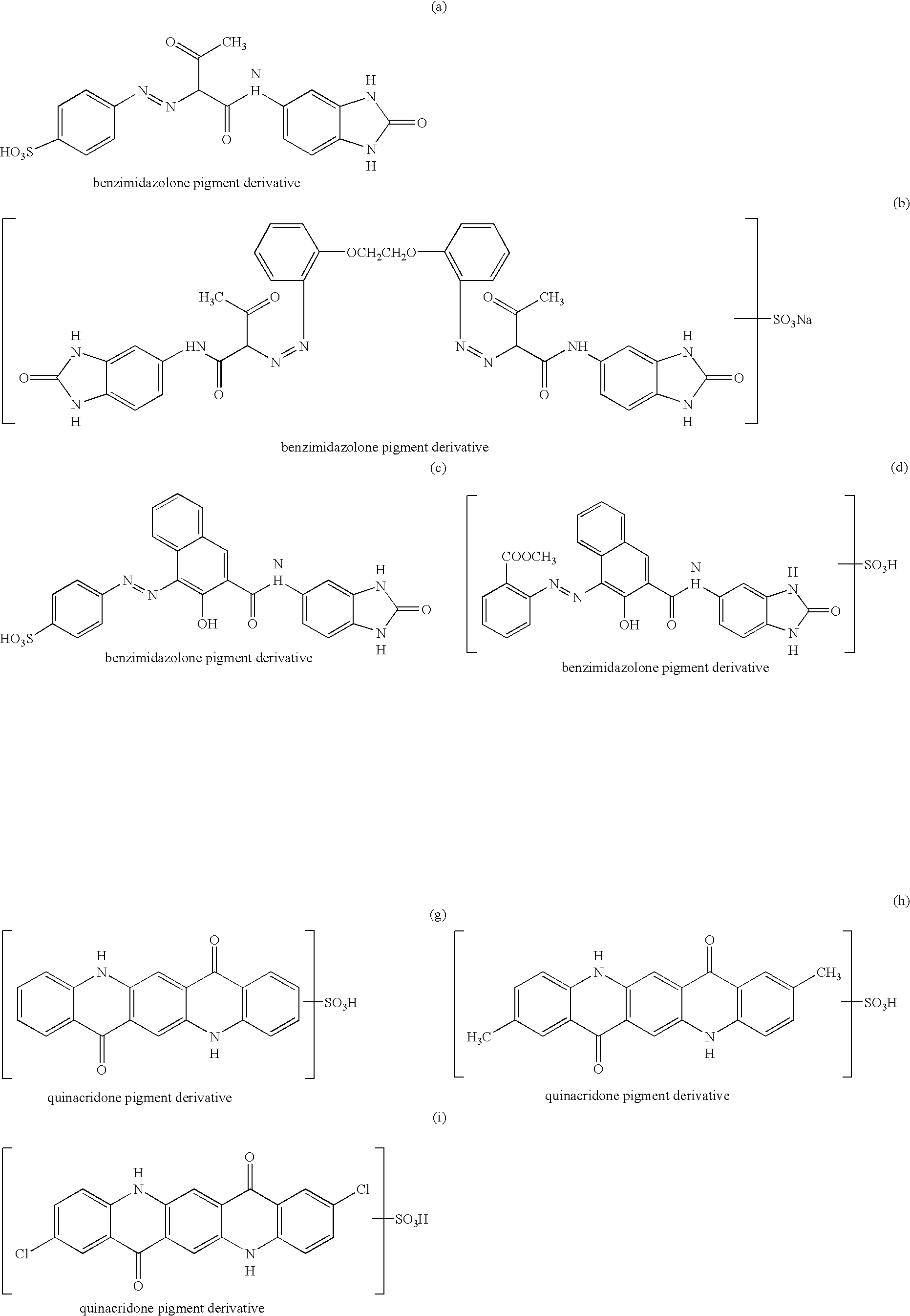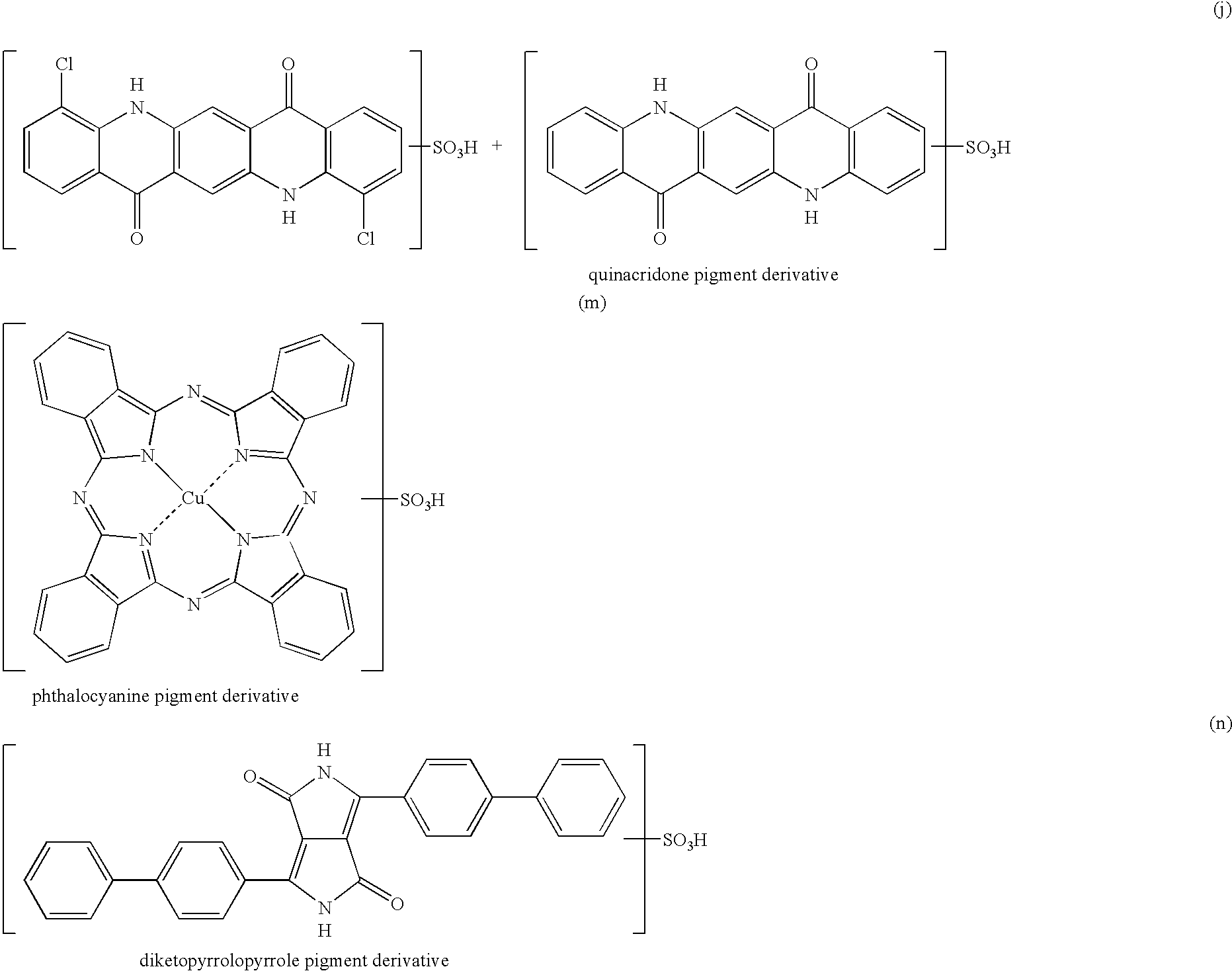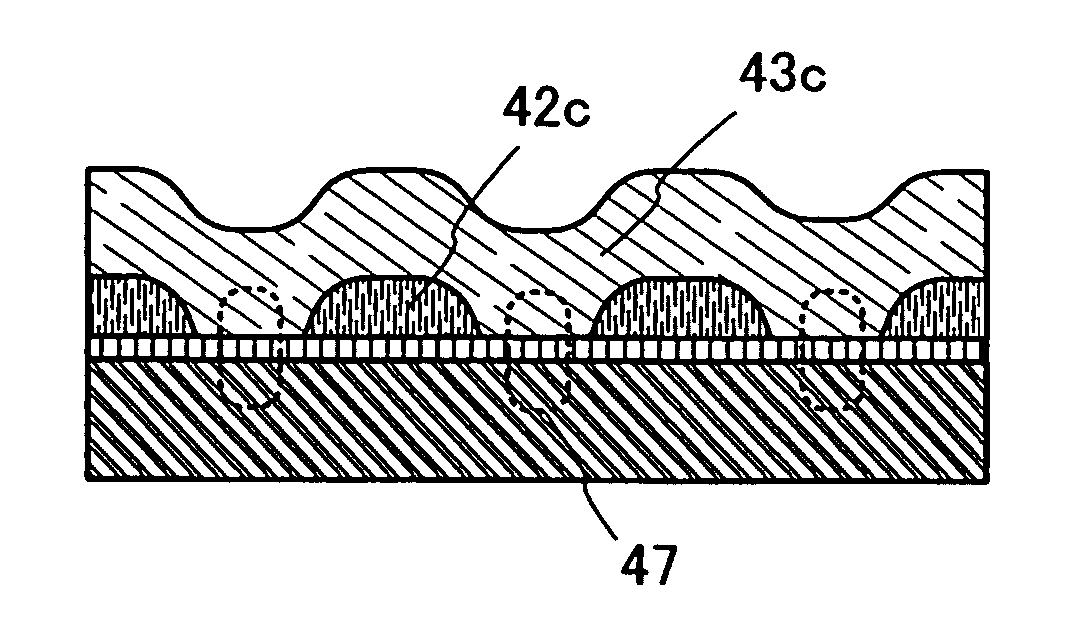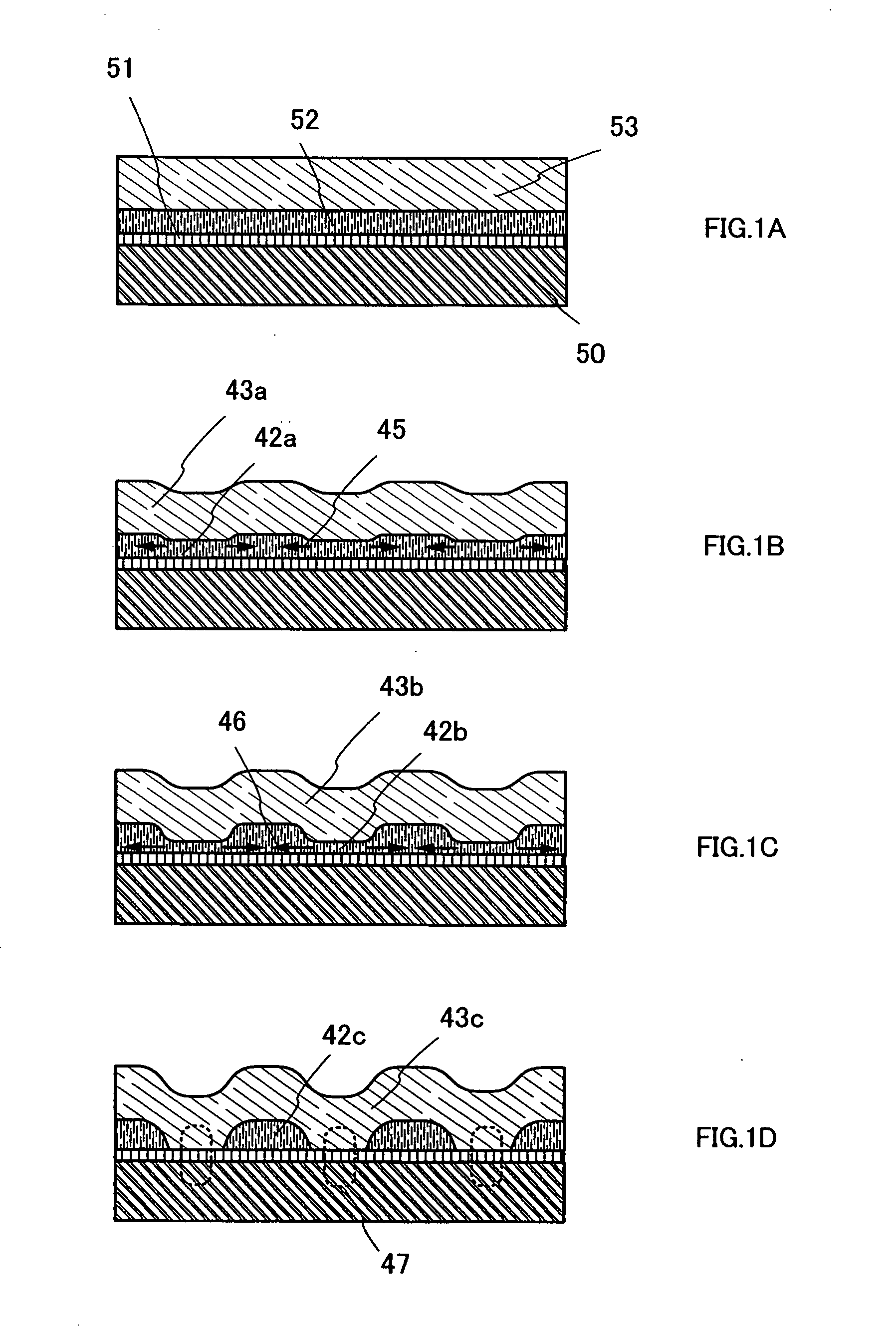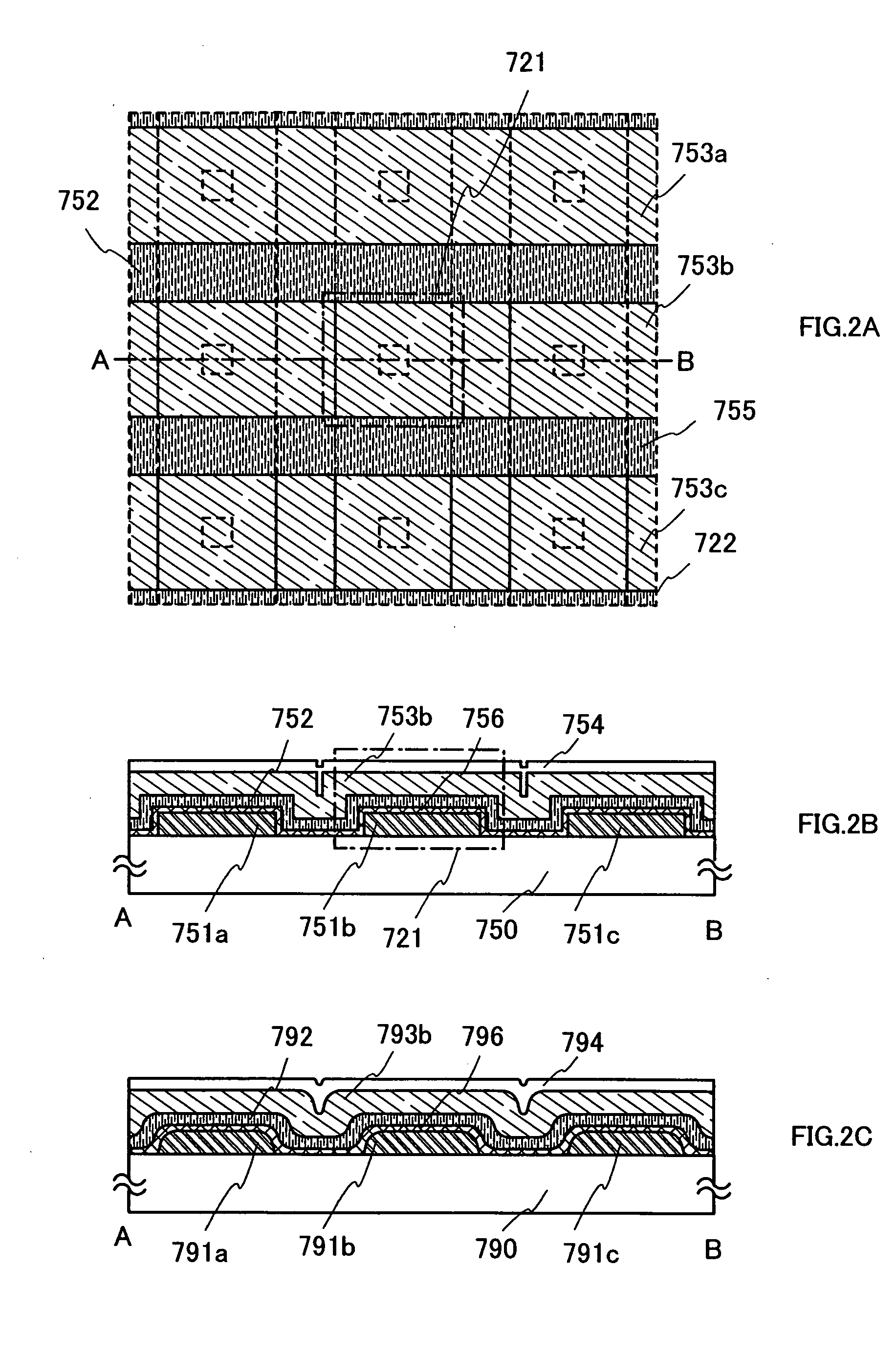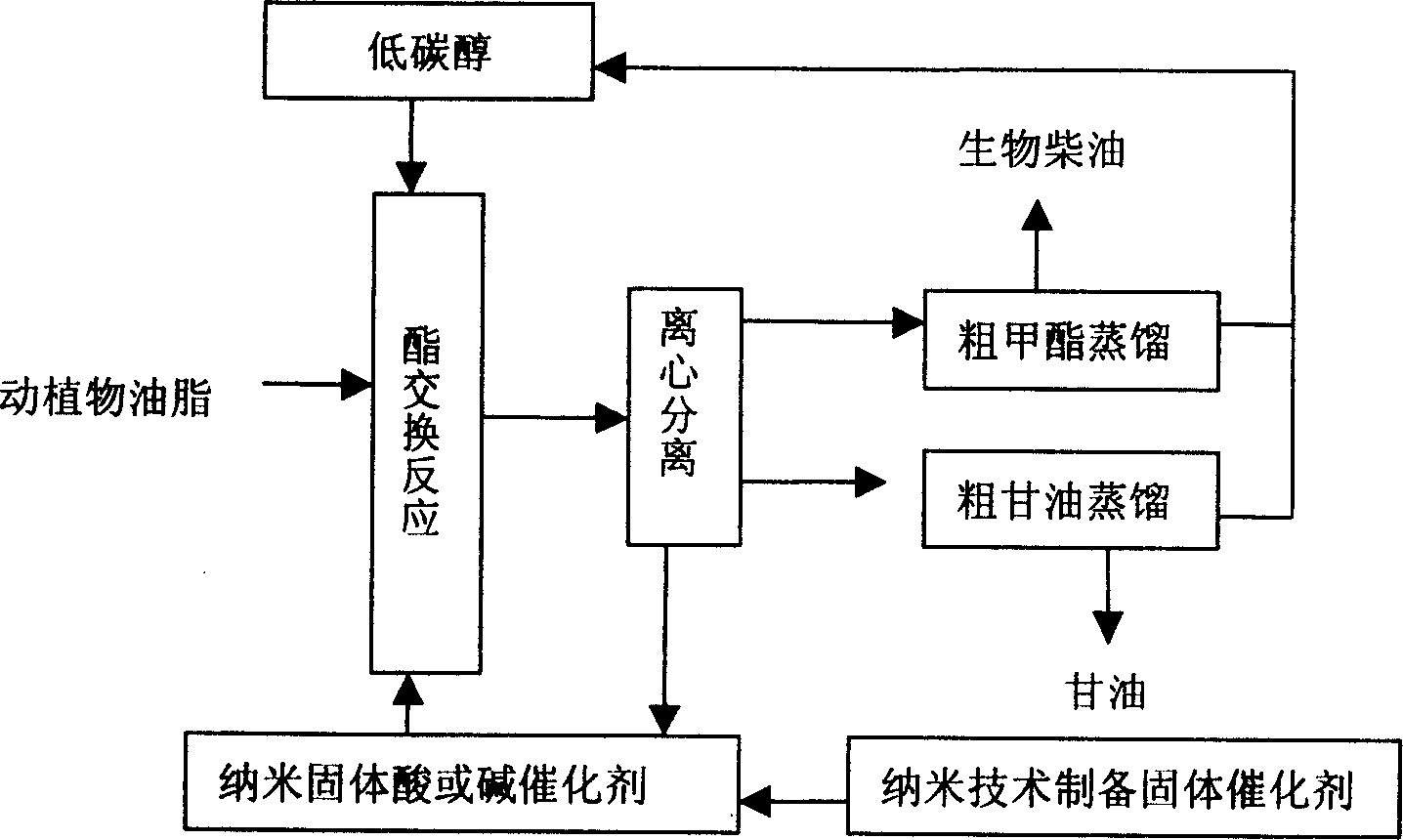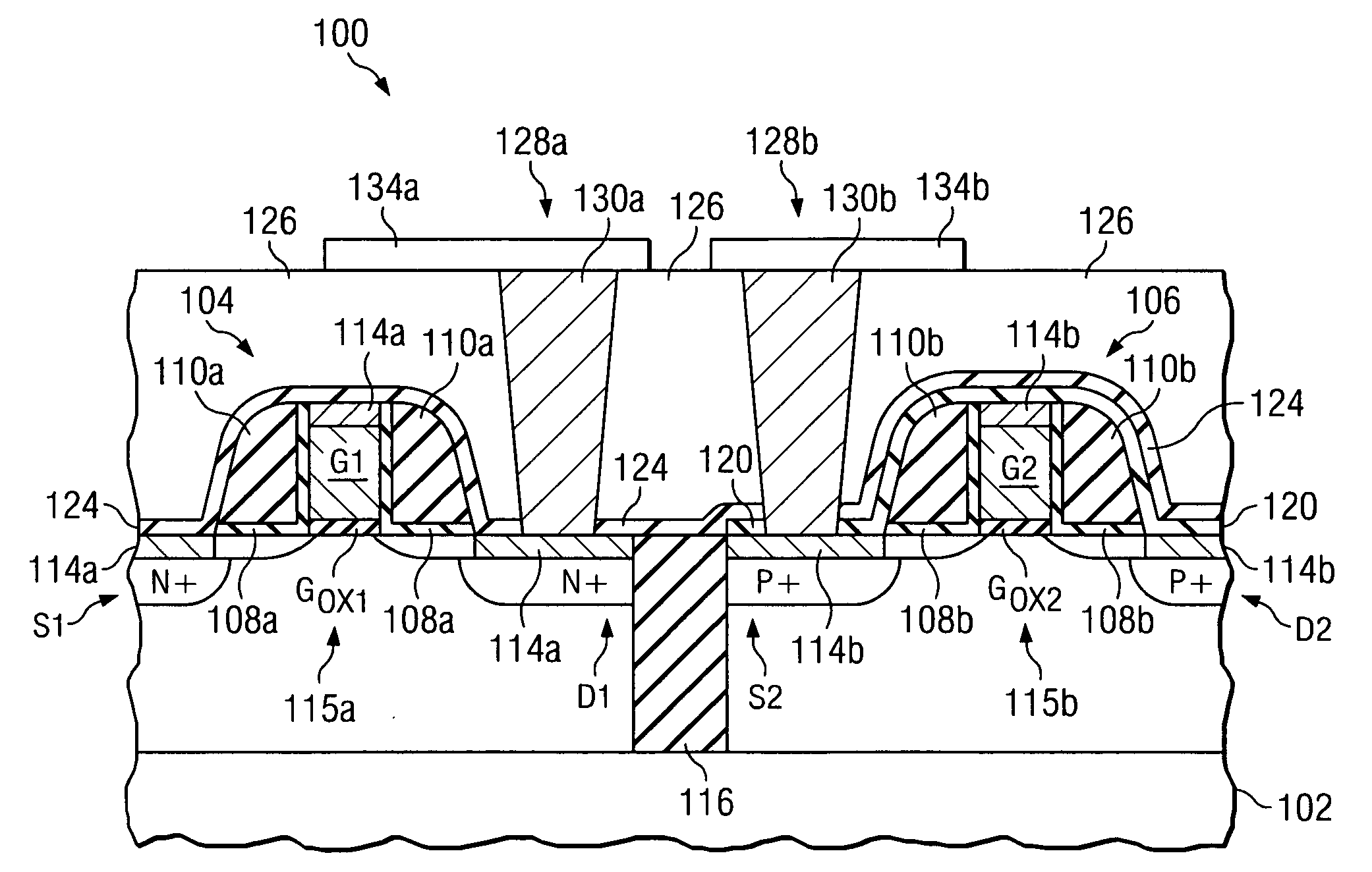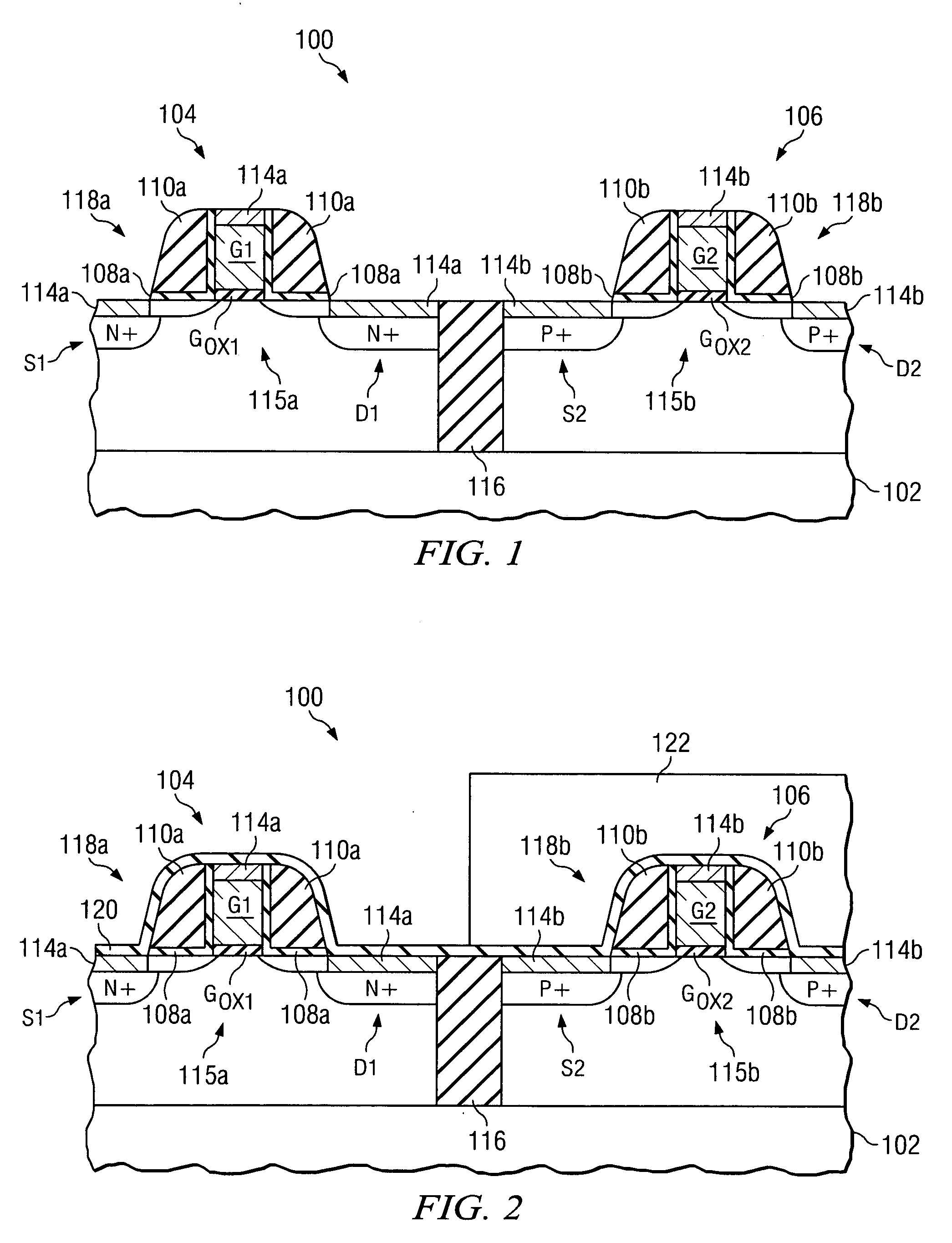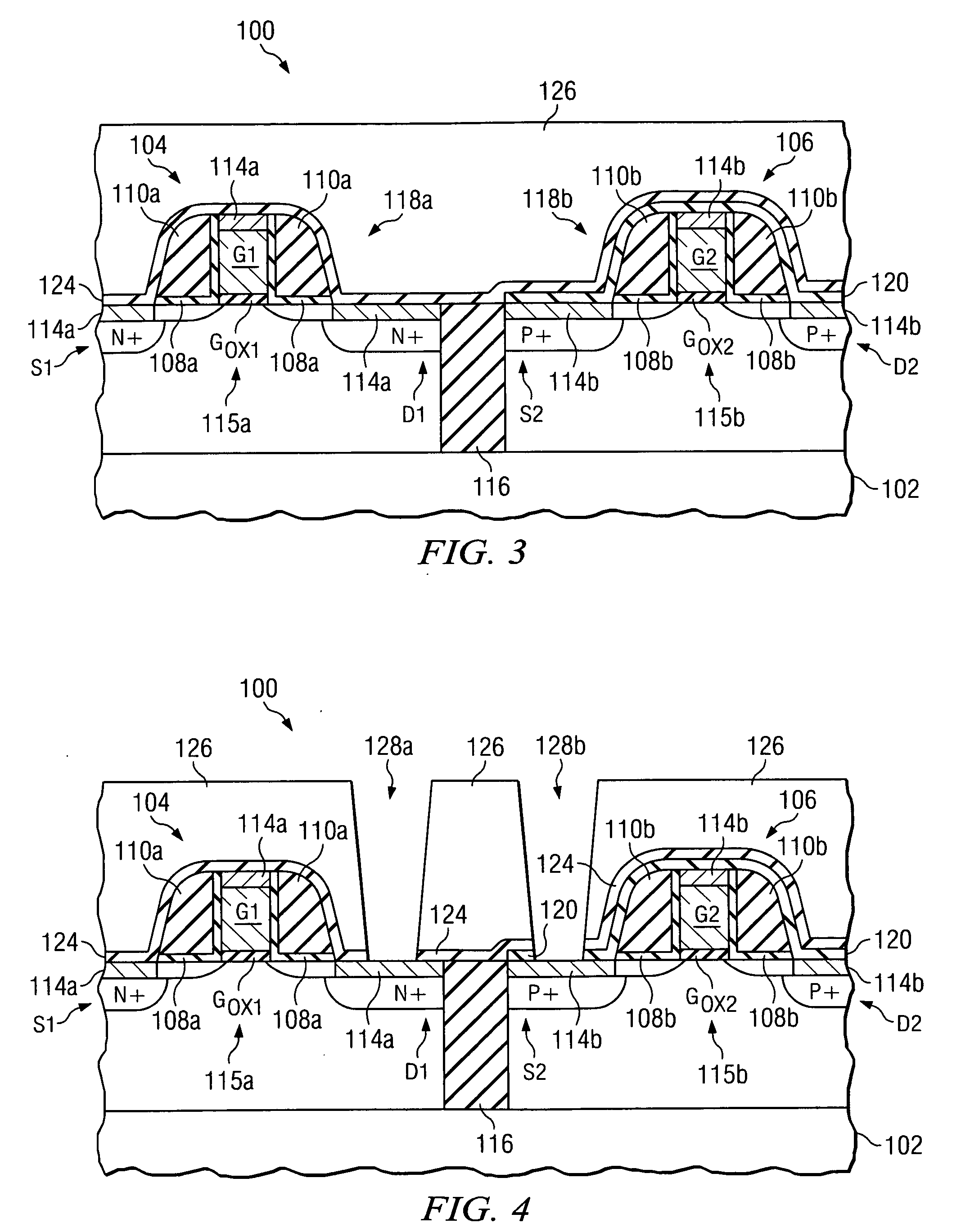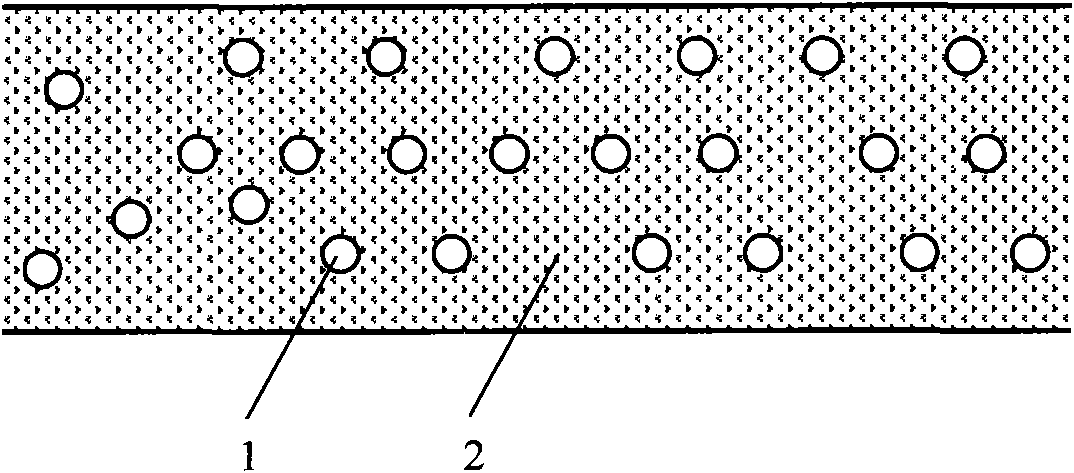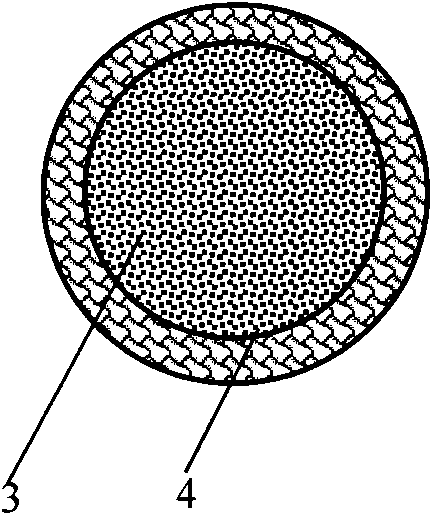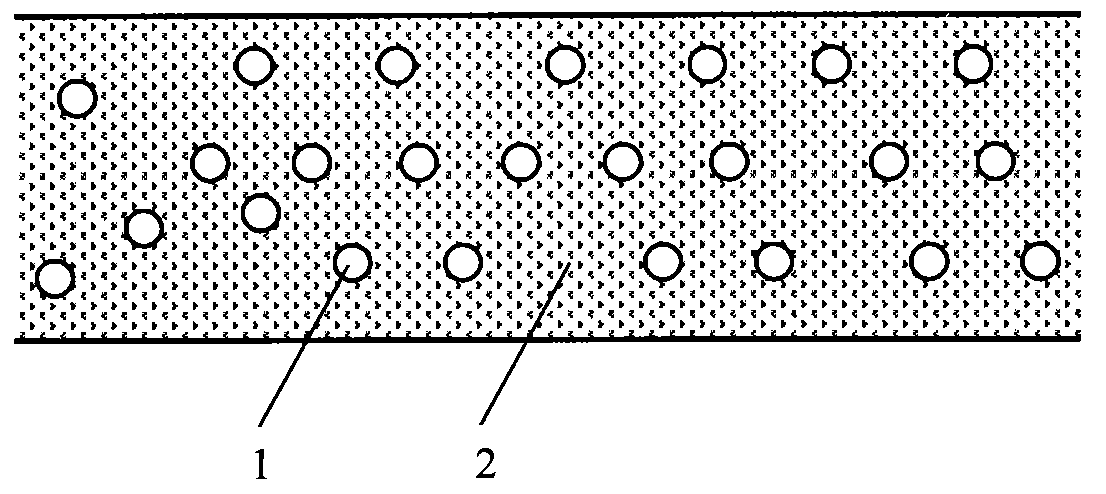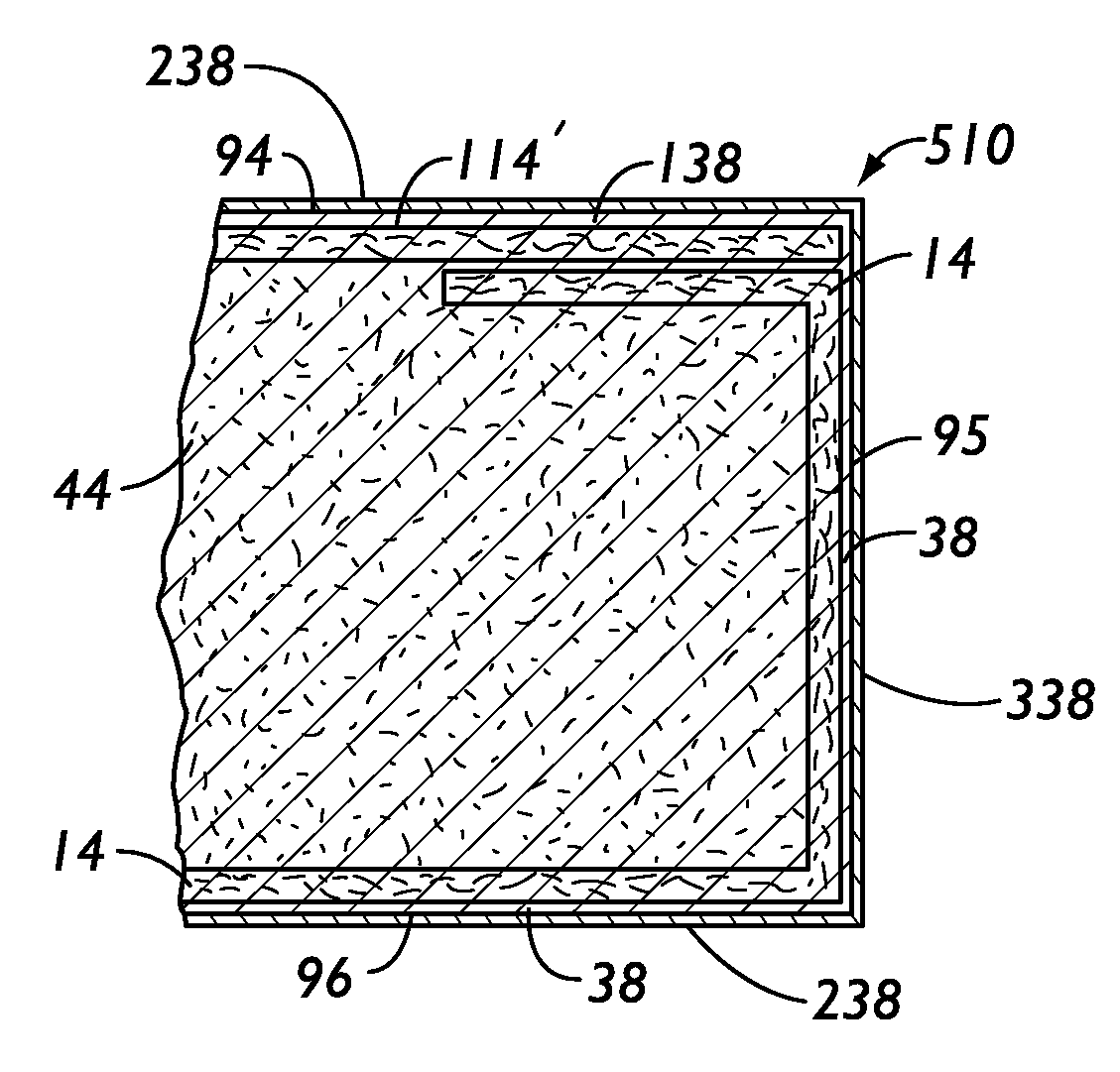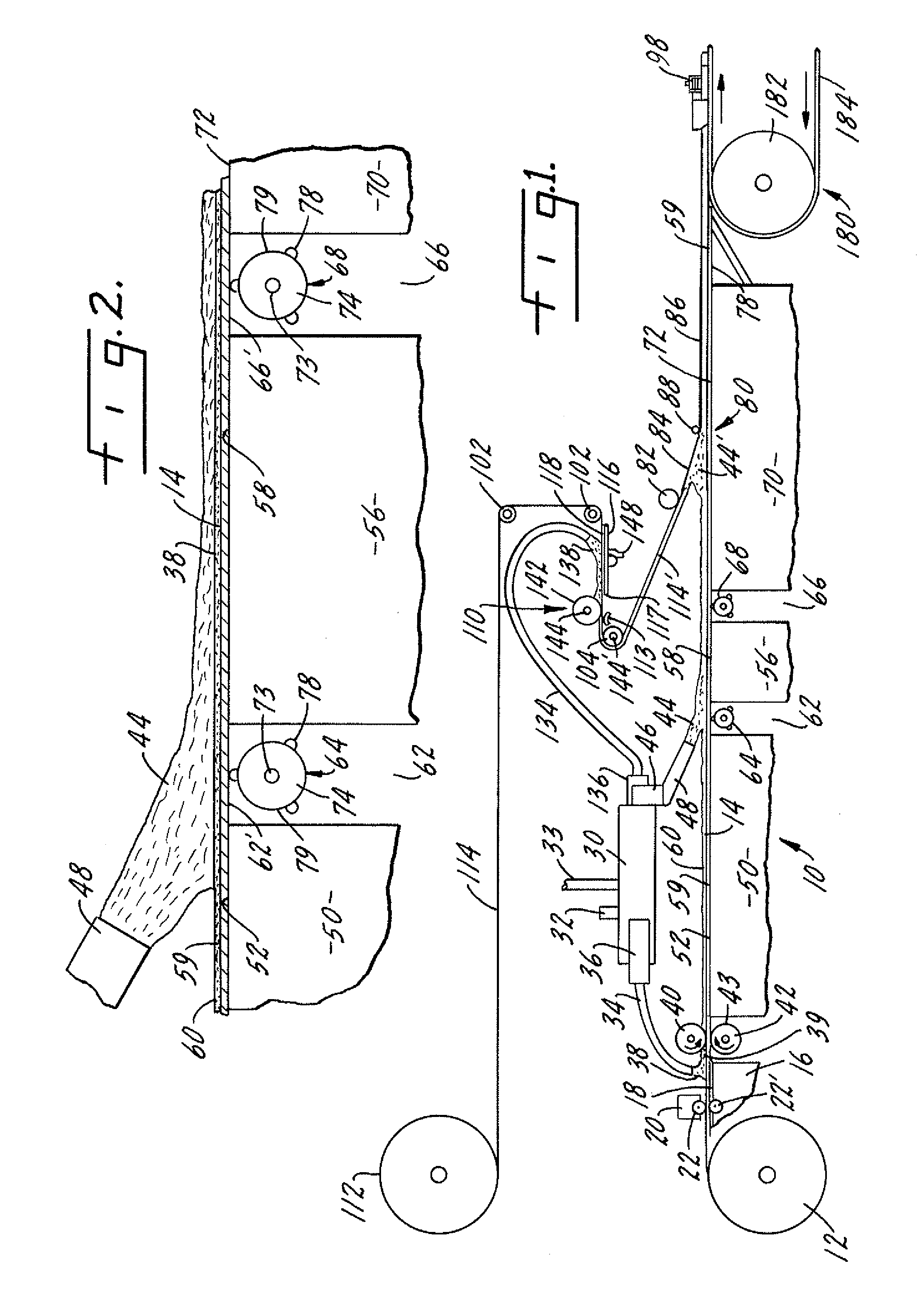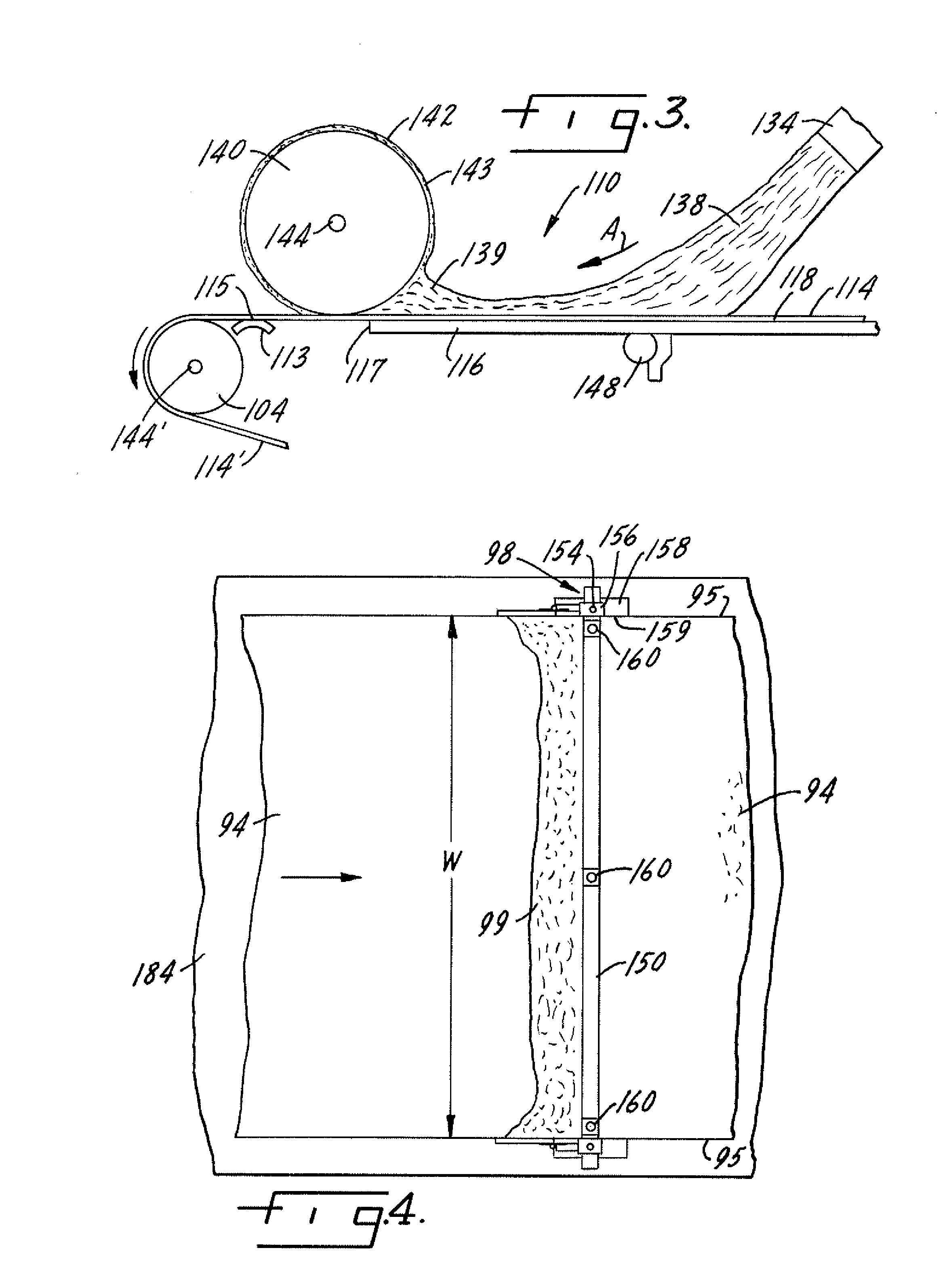Patents
Literature
1787results about How to "Increase surface tension" patented technology
Efficacy Topic
Property
Owner
Technical Advancement
Application Domain
Technology Topic
Technology Field Word
Patent Country/Region
Patent Type
Patent Status
Application Year
Inventor
Absorbent articles comprising hydrophilic nonwoven fabrics
InactiveUS7521587B2Hydrophilic lastingIncrease surface tensionFibre treatmentSynthetic resin layered productsPolymer scienceHydrophile
The present invention relates to absorbent articles comprising nonwoven fabrics, which are made hydrophilic by polymers chemically bonded to the surface of the nonwoven fabrics.Moreover, the invention relates to a process for making hydrophilic fibers, which can be formed into a nonwoven fabric.
Owner:THE PROCTER & GAMBLE COMPANY
Standardized swallow challenge medium and method of use for esophageal function testing
ActiveUS7236820B2Long enough shelf lifeMeaningful resultDispersion deliverySurgeryMedicineEsophageal function
A swallow challenge medium (10) is thixotropic for easy swallowing and to provide enough viscosity for effective challenge to peristalsis (20) and has high ionic density for effective impedance measurements by contact with electrodes (41–48) positioned in a person's esophagus (E) or oropharynx during swallow testing. The medium (10) also has a high surface tension so as not to adhere to or coat the electrodes (41–48) or probe (12) surfaces. These physical characteristics are stabilized and consistent enough to provide standard for esophageal and / or oropharyngeal function testing and diagnostics.
Owner:DIVERSATEK HEALTHCARE INC
Coating process for microfluidic sample arrays
InactiveUS20060105453A1Minimizes average amount of errorSerious errorSequential/parallel process reactionsLaboratory glasswaresEngineeringFixed position
A differentially coated device for conducting a plurality of nano-volume specified reactions, the device comprising a platen having at least one exterior surface modified to a specified physicochemical property, a plurality of nano-volume channels, each nano-volume channel having at least one interior surface in communication with the at least one exterior surface that is selectively coated with an optionally dissolvable coating agent physisorbed to at least one interior surface, wherein the optionally dissolvable coating agent comprises a coating agent and a first component for the plurality of specified reactions. Methods for preparing and using such devices are also provided, as well as a method of registering a location of a dispenser array in relation to a microfluidic array. A first one of the dispenser array and the microfluidic array is movable in relation to the frame, and the other of the first one of the dispenser array and the microfluidic array is fixed relative to the frame. Quantities related to a vector displacement from the alignment position to a fixed position on the one of the dispenser array and the microfluidic array is determined. The quantities thus determined are used to guide positioning of the dispenser array relative to the microfluidic array.
Owner:LIFE TECH CORP
Fluorinated solvent compositions containing hydrogen fluoride
InactiveUS6310018B1Not easily recoveredEasy to separateDecorative surface effectsDetergent mixture composition preparationHydrogen fluorideEtching
Owner:3M INNOVATIVE PROPERTIES CO
Kind of laminated granule for oil extraction, proppant and oil extraction method using the proppant
InactiveCN101586024AIncrease surface tensionIncrease productionFluid removalDrilling compositionEpoxyShale oil extraction
The invention discloses a kind of laminated granule for oil extraction, proppant having the laminated granule and oil extraction method using the proppant. The laminated granule comprises aggregate granules and oil permeating waterproof thin film coated on surface of the aggregate granules. The oil permeating waterproof thin film comprises resin. Weight ratio of the resin to quartz sand is 0.2-15:100. The laminated granule is oil permeating waterproof granule. The oil permeating waterproof thin film is one formed by one or more of oleophylic hydrophobic ethoxyline resin, phenolic resin, polyurethane resin and silicon resin. The laminated quartz sand and proppant thereof are oil permeating and water proof at regular atmospheric pressure. Oil permeation resistance in pressurized condition is less than water permeation resistance. Therefore, in oil extraction industry, water yield is reduced effectively and oil yield is improved.
Owner:BEIJING RECHSAND SCI & TECH GRP
Ceramic material for 3D light curing formation printing and preparation method of ceramic element
InactiveCN109400177AHigh ceramic contentEasy to printAdditive manufacturing apparatusOligomerAgent Combination
The invention relates to a ceramic material for 3D light curing formation printing and a preparation method of a ceramic element. The ceramic material is prepared from 30 to 70 vol percent of ceramicpowder and 30 to 70 vol percent of photosensitive resin premixed liquid, wherein the photosensitive resin premixed liquid is prepared from 37 to 50 weight percent of oligomers, 30 to 60 weight percentof reactive diluents, 0.1 to 5 weight percent of photoinitiators, 1 to 5 weight percent of dispersing agents, 0.1 to 0.6 weight percent of ultraviolet blocking agents, 0 to 0.05 weight percent of polymerization inhibitors, 1 to 4 weight percent of anti-foaming agents, 0.5 to 2.35 weight percent of anti-settling agents and 0.3 to 3 weight percent of leveling agents. In the degreasing and sinteringpost-treatment work procedures, specific parameters are used, so that a sintering element can reach good sintering density and mechanical performance. By optimizing the composition and the proportionof light curing ceramic resin, and selecting the excellent dispersing agent combination and the reasonable consumption, the ceramic powder can be better dispersed in the resin; the problems that theexisting light curing ceramic resin has poor flowability and low formation precision, and that a finally prepared ceramic product can easily generate cracks or deformation, and the like are solved.
Owner:西安点云生物科技有限公司
Barrier material comprising a thermoplastic and a compatible cyclodextrin derivative
InactiveUS6218013B1Easy to derivatizeImprove surface propertiesSemi-permeable membranesFlexible coversThermoplasticMoisture
A barrier film composition can comprise a thermoplastic web comprising a thermoplastic polymer and a dispersed cyclodextrin composition having substituents that compatibilize the cyclodextrin in the film. The thermoplastic / cyclodextrin film obtains substantial barrier properties from the interaction between the substituted cyclodextrin in the film material with a permeant. The substituents on the cyclodextrin molecule causes the cyclodextrin to be dispersible and stable in the film material resulting in an extrudable thermoplastic. Such materials can be used as a single layer film material, a multilayer film material which can be coated or uncoated and can be used in structural materials wherein the thermoplastic is of substantial thickness resulting in structural stiffness. The cooperation between the cyclodextrin and the thermoplastic polymer provides barrier properties to a web wherein a permeant can be complexed or entrapped by the cyclodextrin compound and held within the film preventing the permeant from passing through the film into the interior of a film, an enclosure or container. The permeant can comprise a variety of well known materials such as moisture, aliphatic or aromatic hydrocarbons, monomer materials, off flavors, toxic compounds etc.
Owner:CELLRESIN TECH
Accommodating intraocular lens
InactiveUS20100094412A1Correct visual impairmentImproved ocular implantEye surgeryIntraocular lensLiquid ChangeHigh surface
An improved multifocal design for an ocular implant is provided. This ocular implant can include an accommodating intraocular lens (IOL) and a number of haptics. The accommodating IOL includes a liquid suspended between two optically transparent plates or membranes to form a pressure lens that passes optical energy. The haptics mechanically couple to the IOL in order to position and secure the IOL within the eye. The IOL achieves accommodation by using the eye's ciliary muscles to vary the surface curvature of the liquid. The liquid may have a high surface tension and be surrounded by phobic liquid. Pressure from the ciliary muscles causes fluid to be added from or withdrawn to a reservoir. Increasing / decreasing the internal pressure of the liquid changes the angle (curvature) of the surface thus changing the optical properties of the lens. When the pressure is released the liquid returns to the reservoir. The whole system may be sealed off from the interior of the eye by a membrane / transparent lens.
Owner:NOVARTIS AG
Water based inks for printing on confectionery
Non-pigmented, water-based inks are disclosed which are compatible with industrial piezojet printheads and which can be used to form high resolution images on edible substrates, including sugar shell confectionery polished with a hydrophobic wax polish. The ink comprises a hydrolyzable polysaccharide adhesive agent, such as tapioca dextrin or gum arabic, which enhances the compatibility of the ink for hydrophobic surfaces.
Owner:MARS INC
Aqueous, colloidal gas black suspension
ActiveUS7160377B2Improve suspension stabilityLow viscosityMaterial nanotechnologyPigmenting treatmentColloidPhotochemistry
Aqueous, colloidal gas black suspension containing:(a) a gas black, (b) an azo compound of the formula 1(c) and water. The aqueous, colloidal gas black suspension is produced by dispersing the gas black and the azo compound of the formula 1 in water. It can be used in the production of inks, ink-jet inks, surface coatings and colored printing inks.
Owner:UBS AG
Aqueous, colloidal, freeze-resistant and storage-stable gas black suspension
InactiveUS20040087707A1Low viscosityImprove suspension stabilityDuplicating/marking methodsSpecial tyresZeta potentialLacquer
Aqueous, colloidal, freeze-resistant and storage-stable gas black suspension are disclosed containing 2-30 wt. % gas black, 0-40 wt. % carbon black, a dispersion-supporting additive, a biocide and water and having a zeta potential of less than -10 mV, a surface tension of greater than 50 mN / m and an average particle size of less than 200 nm. The aqueous, colloidal, freeze-resistant and storage-stable gas black suspension is produced by dispersing the gas black and the carbon black in water together with the dispersion-supporting additive and biocide. Inks, ink-jet inks, lacquers and printing inks can be made from these suspensions.
Owner:EVONIK DEGUSSA GMBH
Cleaning agent for integrated circuit substrate silicon chip and its cleaning method
InactiveCN1944613AReduce surface tensionIncrease surface tensionNon-ionic surface-active compoundsOrganic detergent compounding agentsOrganic baseCleansing Agents
The cleaning agent for integrated circuit substrate silicon chip features that it consists of organic base functioning as pH regulator, complexing agent, corrosion inhibitor, dispersant and oxidizing assistant simultaneously in 40-45 %, surfactant functioning to lower surface tension of the solution, enhance mass transfer and eliminate metal ion simultaneously in 7-15 %, and water in 40-53 %. The cleaning method with the cleaning agent includes adding deionized water in 8-15 times, twice ultrasonic cleaning at 50-60deg.c for 5-10 min each, twice ultrasonic rinsing in deionized water at 50-60deg.c for 5-10 min each, sprinkling and stoving. The present invention has the advantages of excellent cleaning effect, simple preparation process, convenient operation and environment friendship.
Owner:天津晶岭电子材料科技有限公司
Articles and methods for modifying condensation on surfaces
InactiveUS20130220813A1Enhance heat transfer coefficientEnhance condensationElectrolysis componentsVolume/mass flow measurementChemistryMicrometer
Owner:MASSACHUSETTS INST OF TECH
Microelectronic assemblies having very fine pitch stacking
ActiveUS20070148819A1Easy to testAvoid the needSemiconductor/solid-state device detailsSolid-state devicesSolder ballEngineering
A microelectronic assembly includes two or more microelectronic packages stacked at a fine pitch, which is finer than the pitch that is possible when using solder balls for making the joint. Each stackable package desirably includes a substrate having pins projecting from one surface of the substrate and solder balls projecting from the other surface of the substrate. Each stackable package may have one or more die attached to one or more of the surfaces of the substrate. In certain embodiments, die may be attached to both surfaces of the substrate. The dies may be electrically interconnected with the substrate using wire bonds, flip chip bonding, leads and / or stud bumping. The die may be encapsulated in an encapsulated material, under-filled or glob topped. In certain preferred embodiments, the combination of the conductive post height and ball height is equal to or greater than the height of the encapsulated or molded chip structure. The combination of the conductive post height and the ball height must be at least equal to the height of the encapsulated chip structure so that the conductive elements are able to span the gap between layers of the assembly. After the tips of the conductive pads are in contact with the solder masses, the solder masses are reflowed to form a permanent electrical interconnection between the stacked microelectronic packages. During reflow, the reflowed solder will wick up around the conductive posts to form elongated solder columns. In addition, when the solder is reflowed, surface tension pulls the opposing layers of the assembly toward one another and provides a self-centering action for the conductive posts.
Owner:TESSERA INC
Inkjet ink sets for high speed printing on plain papers and glossy media
InactiveUS20090169761A1Improve image qualityLow hazeLiquid surface applicatorsInksEngineeringMagenta
An inkjet ink set comprising a cyan ink, a magenta ink and a yellow ink, wherein each of said cyan, magenta and yellow inks individually comprises at least 65% water, between 1% and 5% by weight of a dispersed pigment colorant, a surfactant that reduces static surface tension, a dynamic surface tension reducing agent distinct from the surfactant, and at least one humectant distinct from the surfactant and the dynamic surface tension reducing agent; wherein said surfactant, said dynamic surface tension reducing agent and said humectant can be the same or different between said cyan, magenta and yellow inks; and wherein each of said cyan, magenta and yellow inks is characterized by exhibiting a viscosity normalized dynamic surface tension at surface refresh ages of 0.01 s of less than 23.0 mN / (m*cP); and wherein the average viscosity normalized dynamic surface tension at a surface refresh age of 0.01 s for said cyan, magenta and yellow inks taken together is less than 22.0 mN / (m*cP).
Owner:EASTMAN KODAK CO
Cell-matrix microspheres, methods for preparation and applications
ActiveUS20080031858A1Increased protein productivityStable cell-matrix microspheresBiocideBioreactor/fermenter combinationsEnzymatic digestionHigh cell
A method has been developed to produce stable cell-matrix microspheres with up to 100% encapsulation efficiency and high cell viability, using matrix or biomaterial systems with poor shape and mechanical stability for applications including cell therapeutics via microinjection or surgical implantation, 3D culture for in vitro expansion without repeated cell splitting using enzymatic digestion or mechanical dissociation and for enhanced production of therapeutic biomolecules, and in vitro modeling for morphogenesis studies. The modified droplet generation method is simple and scalable and enables the production of cell-matrix microspheres when the matrix or biomaterial system used has low concentration, with slow phase transition, with poor shape and mechanical stability.
Owner:VERSITECH LTD
Spray head and air atomizing assembly
InactiveUS6951310B2Promote atomizationHigh viscosityLiquid surface applicatorsSpray nozzlesEngineering
Owner:RUBBERMAID INDAL PRODS CORP
Air atomizing assembly and method and system of applying an air atomized material
A spray head and air atomizing assembly for providing atomizing air in an air sprayer or other delivery device in which the atomizing assembly includes converging, spiral atomizing fluid passageways. The invention also relates to a method and system for applying materials to a substrate using atomizing air as a vehicle for delivering a component to the application fluid or for conditioning the application fluid.
Owner:RUBBERMAID INDAL PRODS CORP
Film coated particles for oil exploitation and oil exploitation method using the same
InactiveUS20120088699A1Increase surface tensionLower the volumeFluid removalFlushingProduced waterPetroleum
The present invention discloses coated particles for oil recovery, a fracturing propping agent that comprises the coated particles, and an oil recovery method that utilizes the fracturing propping agent. The coated particles comprise particles of aggregates and an oil-permeable and water-proof film coated on the particles of aggregates. The coated quartz sand and fracturing propping agent are oil-permeable and water-proof under normal atmospheric pressure, and have oil permeation resistance much lower than water permeation resistance in pressurized state. Therefore, when the coated quartz sand and fracturing propping agent are applied in the oil recovery industry, they can effectively reduce the volume of produced water and increase the oil yield.
Owner:BEIJING RECHSAND SCI & TECH GRP
Nano metal fluid with high heat-transfer performance
ActiveCN1955252AImprove thermal conductivityFast absorption and deliveryDigital data processing detailsSemiconductor/solid-state device detailsLiquid metalSolvent
This invention provides a high heat transfer performance liquid nano-metal. It relates to cooling fluid working medium, and especially it can be used under high rush density condition which need high intensity cooling fluid working medium for heat exchanging and cooling, such as computer array and reactor. The solvent of this invention is liquid metal, and the soluble of this invention is nanometer particle. This invention solve the problem of high price of present metal liquid cooling working medium and the limited performance of common metal liquid, leaking out easily taken place using common liquid and easy forming sediment of present nanometer cooling agent.
Owner:TECHNICAL INST OF PHYSICS & CHEMISTRY - CHINESE ACAD OF SCI
Special primer paint for medium and high grade automobile aluminum hubs and preparation method of primer paint
ActiveCN102911585ANon-toxic and environmentally friendlyImprove the level ofPowdery paintsEpoxy resin coatingsEpoxyPolyester resin
The invention discloses special primer paint for medium and high grade automobile aluminum hubs. The primer paint comprises, by weight, 30-60 parts of polyester resin, 40-100 parts of epoxy resin, 0-8 parts of matting and curing agents, 0-10 parts of additives, 0-160 parts of packing and 0-3 parts of pigment. The invention further discloses a preparation method of the paint. Once a coating of the paint is solidified, the paint has good leveling property, breathability and chemical resistance.
Owner:GUANGZHOU KINTE IND
Hollow glass microballoons and production method thereof
InactiveCN101638295AGood chemical stabilityIncrease Young's modulusGlass shaping apparatusSilicon dioxideQuenching
The invention relates to hollow glass microballoons and a production method thereof. The hollow glass microballoons are characterized by comprising the following raw materials in portion by weight: 75to 80 portions of silicon dioxide, 7 to 15 portions of boron oxide, 1 to 4 portions of aluminium oxide, 0.5 to 1.5 portions of calcium oxide, 0.8 to 1.2 portions of magnesium oxide, 5 to 6 portions of sodium oxide, 0.0 to 0.3 portion of sulfur trioxide and 0 to 0.05 portion of ferric oxide. The production method of the hollow glass microballoons comprises the following steps: compounding, melting, water quenching, drying, crushing, grading, hollow balling, collection and air separation, and is characterized in that the hollow balling comprises the following steps: ejecting a glass raw material, gas and combustion-supporting gas upwards from the bottom of a balling furnace for combustion, and cooling the glass microballoons upwards by a cooling device after melting under the action of a draft fan. The hollow glass microballoons have the advantages of good surface tension, high compression strength and chemical stability. The production method can better ensure material balling, and hassimple process, less equipment and good effect as much as possible.
Owner:CHINA TRIUMPH INT ENG +1
Water-based pigment dispersion, use thereof and process for the production thereof
A water-based pigment dispersion comprising 100 parts by weight of a pigment, 3 to 30 parts by weight of a sulfonic acid group-containing pigment derivative and water, wherein the sulfonic acid group-containing pigment derivative has only one sulfonic acid group in a molecule of a pigment of which the type is the same as the type of the pigment to be dispersed, the sulfonic acid group forms at least one salt selected from the group consisting of ammonia salt, an organic amine salt and a salt in which at least 15% of the sulfonic acid group is liberated and the rest is a salt with monovalent metal, the content of metal ion having a valence of at least 2 in a solid matter of the above water-based pigment dispersion is 500 ppm or less, and the above pigment is dispersed in water according to electrostatic repulsion due to the sulfonic acid group-containing pigment derivative adsorbed on the particle surface of the pigment, an inkjet recording liquid containing the same and process for the production thereof.
Owner:TOYO INK SC HOLD CO LTD
Polymeric black pigment dispersions and ink jet ink compositions
ActiveUS7655708B2High glossHigh optical densityLiquid surface applicatorsSpecial tyresMethacrylateAqueous medium
An ink jet ink composition comprising an aqueous media and a pigment dispersion comprising a specific carbon black pigment and a polymeric dispersant wherein said polymeric dispersant is a copolymer comprising at least a hydrophobic methacrylate or acrylate monomer containing an aliphatic chain having greater than or equal to 12 carbons; and a hydrophilic methacrylic or acrylic acid monomer; wherein said copolymer comprises at least 10% by weight of the methacrylate or acrylate monomer and at least 5% by weight of the methacrylic or acrylic acid monomer; and wherein the copolymer comprises, in total, 20 to 95 weight % of hydrophobic monomer.
Owner:EASTMAN KODAK CO
Semiconductor device and manufacturing method thereof and method for writing memory element
InactiveUS20060263634A1Low manufacturingHigh yieldNanoinformaticsSolid-state devicesEngineeringVoltage
An object is to provide a higher-performance and higher-reliability memory device and a semiconductor device provided with the memory device at low cost and with high yield. A semiconductor device of the invention has a memory element including an insulating layer and an organic compound layer between first and second conductive layers. When melting, an organic compound of the organic compound layer aggregates due to surface tension of the organic compound. By applying a voltage to the first and second conductive layers, writing to the memory element is carried out.
Owner:SEMICON ENERGY LAB CO LTD
Method for preparing biological diesel oil using nano solid acid or alkali catalyst
InactiveCN1858160AEasy to useSolve corrosiveBiofuelsLiquid hydrocarbon mixture productionBiodieselVegetable oil
The present invention relates to process of preparing low carbon alkyl ester and biological diesel oil by means of nanometer solid acid or alkali catalyst. Under the action of catalyst in the amount of 1-20 wt% of animal and vegetable oil, low carbon alcohol and animal and vegetable oil in the molar ratio of 3.5-40 to 1 are reacted at the pressure from normal to 25 MPa and temperature of 40-100 deg.c to produce coarse methyl ester and glycerin, which are centrifugally separated and distilled to obtain low carbon alcohol, or neutral biological diesel oil and glycerin, separately. The present invention has biological diesel oil converting rate up to 96% and yield up to 99%, and the product meets the ASTM D 6751-02 standard. The nanometer solid acid or alkali catalyst may be used repeatedly for 3-100 times in producing biological diesel oil, and the product needs no neutralization and washing.
Owner:INST OF OIL CROPS RES CHINESE ACAD OF AGRI SCI
Ice coating resistance paint composition
InactiveCN101514270AEasy to break awayReduce the amount of icingOther chemical processesCoatingsFluoropolymerSolvent
The invention relates to an ice coating resistance paint which has the following main components: 20-70% of fluoropolymer resin, 1-7% of fluorine-containing surfactant, 2-7% of aluminum hydroxide, 1-5% of nano-powder, 0.1-2% of metallic drier, 20-80% of solvent. The ice coating resistance paint composition can perform the best effect in ice coating resistance when applied to high-voltage cables, iron towers, communication lines and the like, thus reducing adhesive force of the ice on the surface of base material and ice concentration on the surface of the base material; then under the effect of wind and natural force, the ice is easy to be separated from the surface of the base material. The ice coating resistance paint has very good binding force on metal matrix, relatively high thermal conductivity, what is more, the outer surface of the paint features low surface tension, high hydrophobicity and ice-phobic property, thus reducing hydration adhesive force at utmost and facilitating the ice to fall off extremely easily and realizing the aim of preventing ice-forming and removing the ice. The method features simple and easy feasibility in engineering, convenient control, relatively low cost and good using effect.
Owner:HARBIN JINTUYUAN SCI & TECH
CMOS device and method of manufacture
ActiveUS20050230756A1Enhances CMOS device performanceReduce stressTransistorSemiconductor/solid-state device detailsCMOSEngineering
A CMOS device and manufacturing method thereof wherein a bilayer etch stop is used over a PMOS transistor, and a single etch stop layer is used for an NMOS transistor, for forming contacts to the source or drain of the CMOS device. A surface tension-reducing layer is disposed between the source or drain region of the PMOS transistor and an overlying surface tension-inducing layer. The surface tension-inducing layer may comprise a nitride material or carbon-containing material, and the surface tension-reducing layer may comprise an oxide material. Degradation of hole mobility in the PMOS transistor is prevented by the use of the surface tension-reducing layer of the bilayer etch stop.
Owner:TAIWAN SEMICON MFG CO LTD
Liquid metal fluid containing phase-change microcapsules
InactiveCN101775270AHigh apparent specific heatIncrease surface tensionHeat-exchange elementsMicroballoon preparationIndiumIn situ polymerization
The invention discloses a liquid metal fluid containing phase-change microcapsules, which adopts phase-change microcapsules (1) as a solute and liquid metal (2) as a solvent, wherein the phase-change microcapsules (1), which are prepared by using an in-situ polymerization method or other methods to embed a phase-change material (3) into an outer casing (4), are spherical and has the diameter of 1nm-1mm; and the liquid metal (2) can be mercury, gallium, gallium-indium alloy or gallium-indium-tin alloy. The invention has the advantages that the liquid metal fluid containing the phase-change microcapsules has a large apparent ratio in the phase-change temperature area of a phase-change material, the phase-change microcapsules (1) are difficult to be deposited or aggregated, the liquid metal fluid has favorable performances in the aspects of calorifics, electrics, magnetics, and the like, and the thermal properties of traditional liquid metals can be enhanced greatly. The liquid metal fluid is a cooling medium suitable for various heat radiating occasions with high heat flux density, and can be widely applied to the fields of computer chips, satellites, rocket propulsion booster and lasers.
Owner:CHONGQING UNIV
Coatings for glass reinforced faced gypsum board
InactiveUS20090087616A1Increase surface tensionLayered productsDecorative surface effectsGypsumPolymer chemistry
A coating method for gypsum board having a surface gypsum layer in which a polymer additive has been entrained including forming a gypsum board including the polymer additive entrained in a surface layer, application of a preferably acrylic primary coating, curing and drying the gypsum board, passing the gypsum board through a first roll coater wherein a second fluid coating is deposited over the primary layer of the dried, coated gypsum board in which the polymer additive has been entrained, the coating then being dried and cured, wherein the coating material of the primary coating forms a chemical bond with the polymer additive entrained in the surface layer of the gypsum board and the polymer of the primary coating forms a chemical bond with the second fluid coating. A coating material which can form copolymer bonds with the second coating is then deposited on the second coating and then dried and cured, resulting in coated gypsum board having a low surface tension surface that is essentially impermeable to water and vapor or moisture penetration.
Owner:BPB LTD
Features
- R&D
- Intellectual Property
- Life Sciences
- Materials
- Tech Scout
Why Patsnap Eureka
- Unparalleled Data Quality
- Higher Quality Content
- 60% Fewer Hallucinations
Social media
Patsnap Eureka Blog
Learn More Browse by: Latest US Patents, China's latest patents, Technical Efficacy Thesaurus, Application Domain, Technology Topic, Popular Technical Reports.
© 2025 PatSnap. All rights reserved.Legal|Privacy policy|Modern Slavery Act Transparency Statement|Sitemap|About US| Contact US: help@patsnap.com

